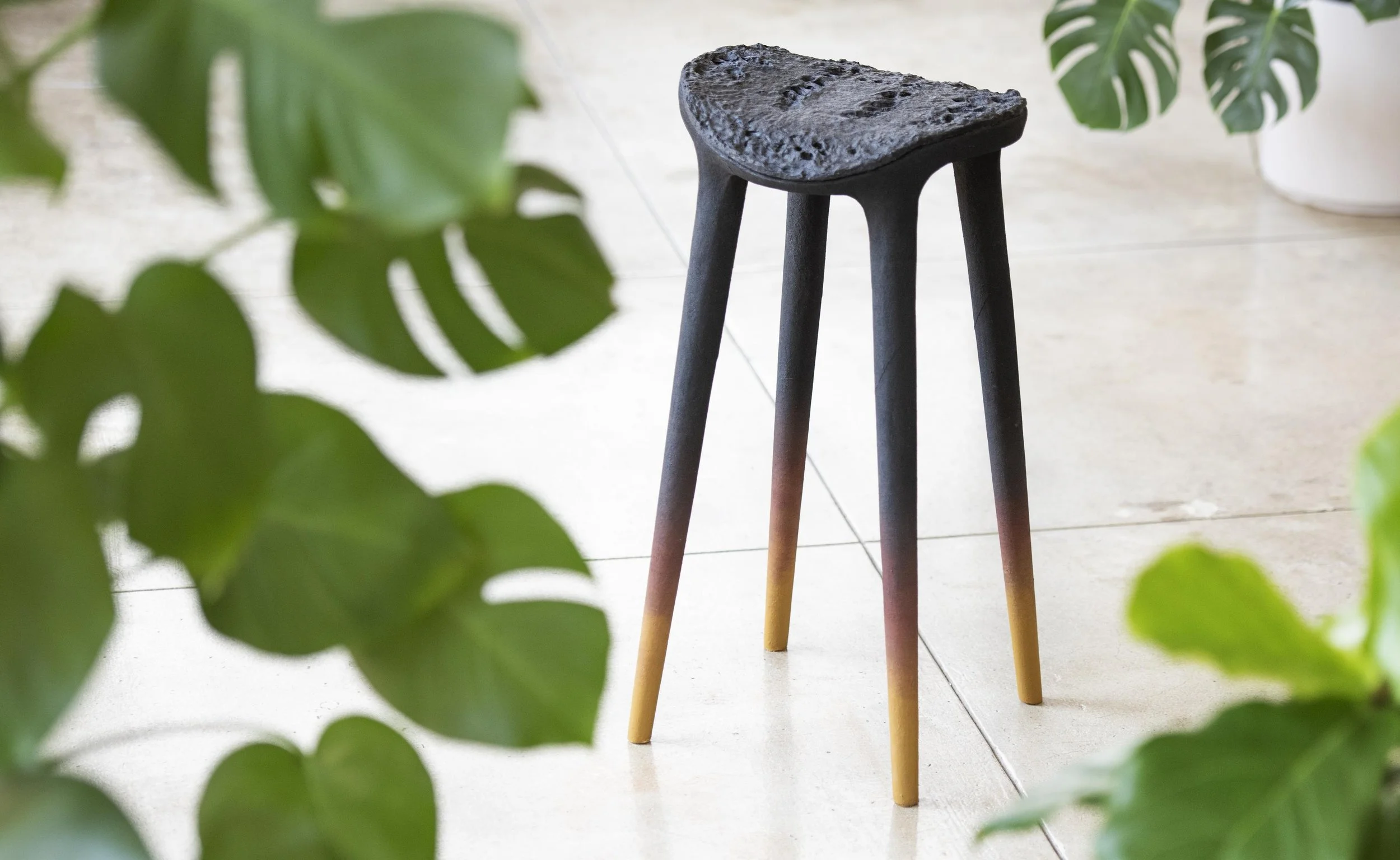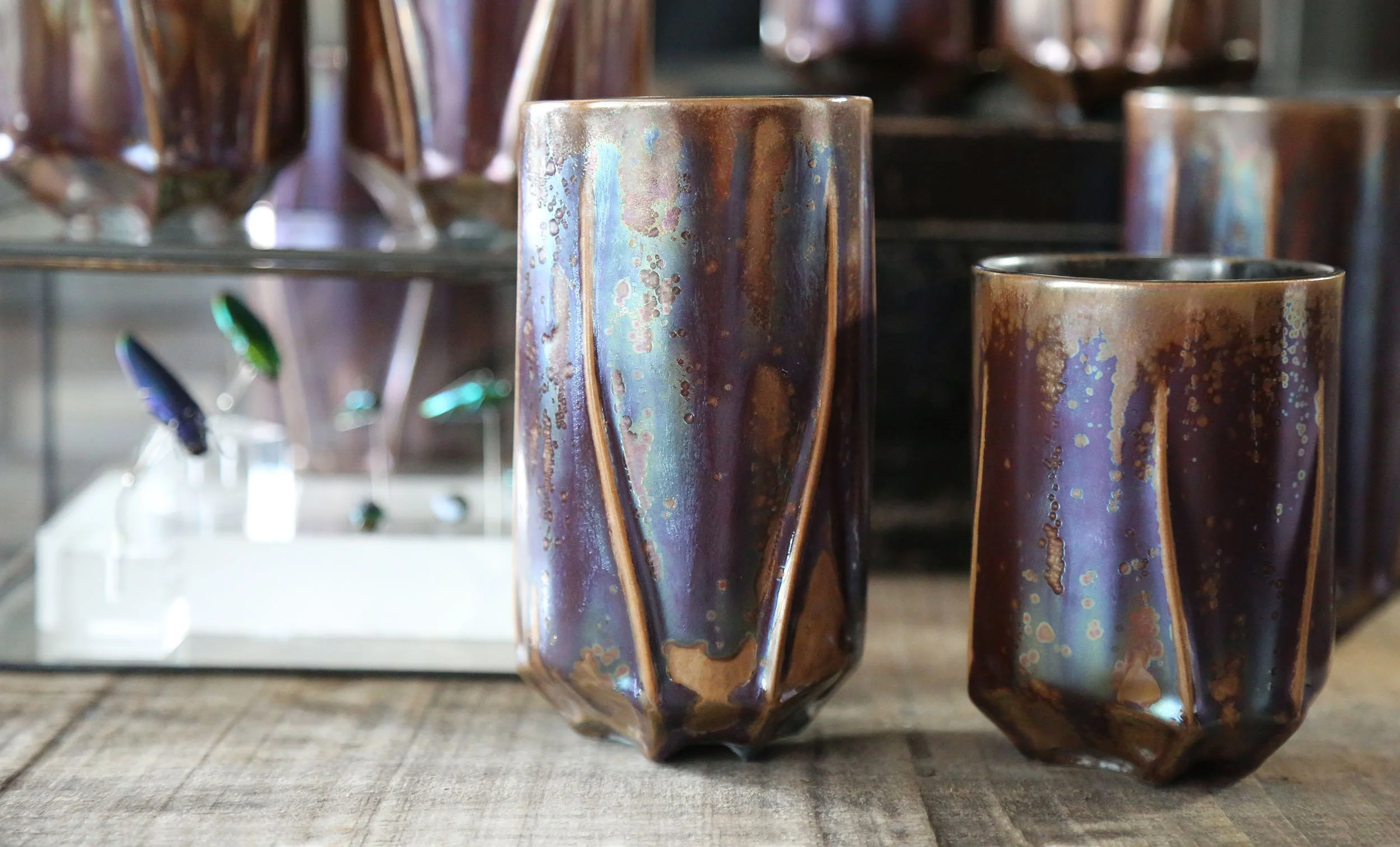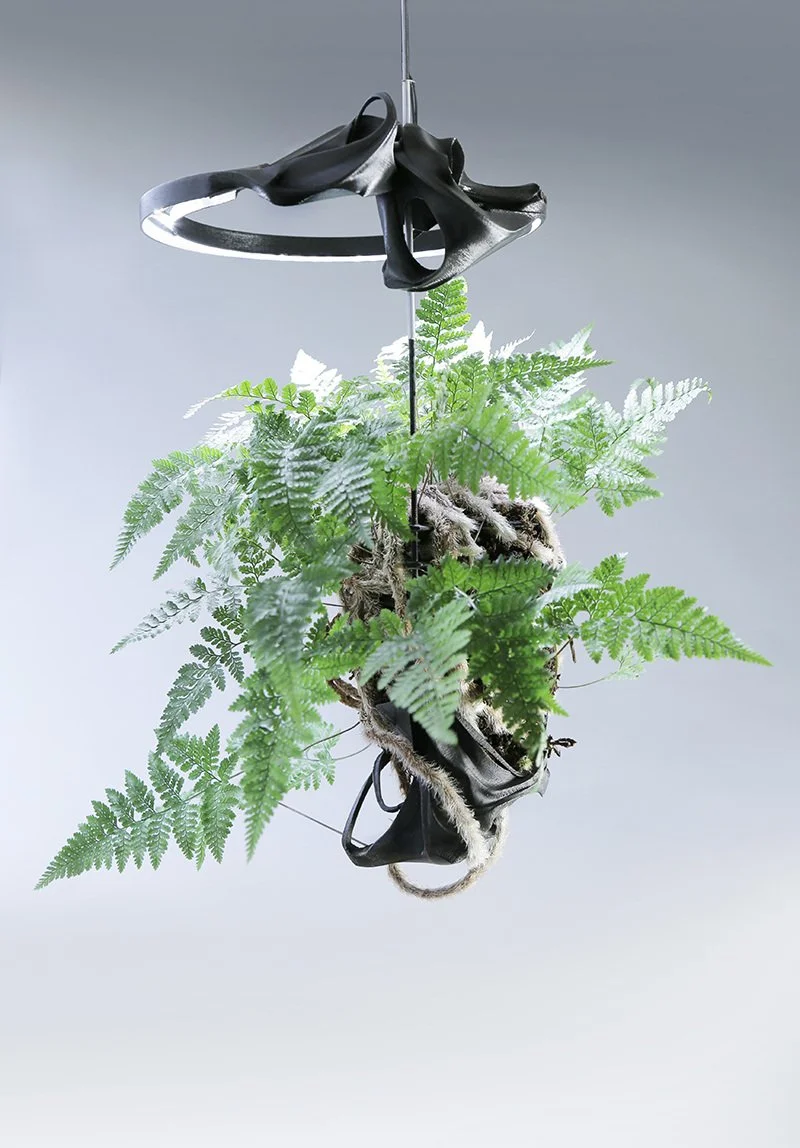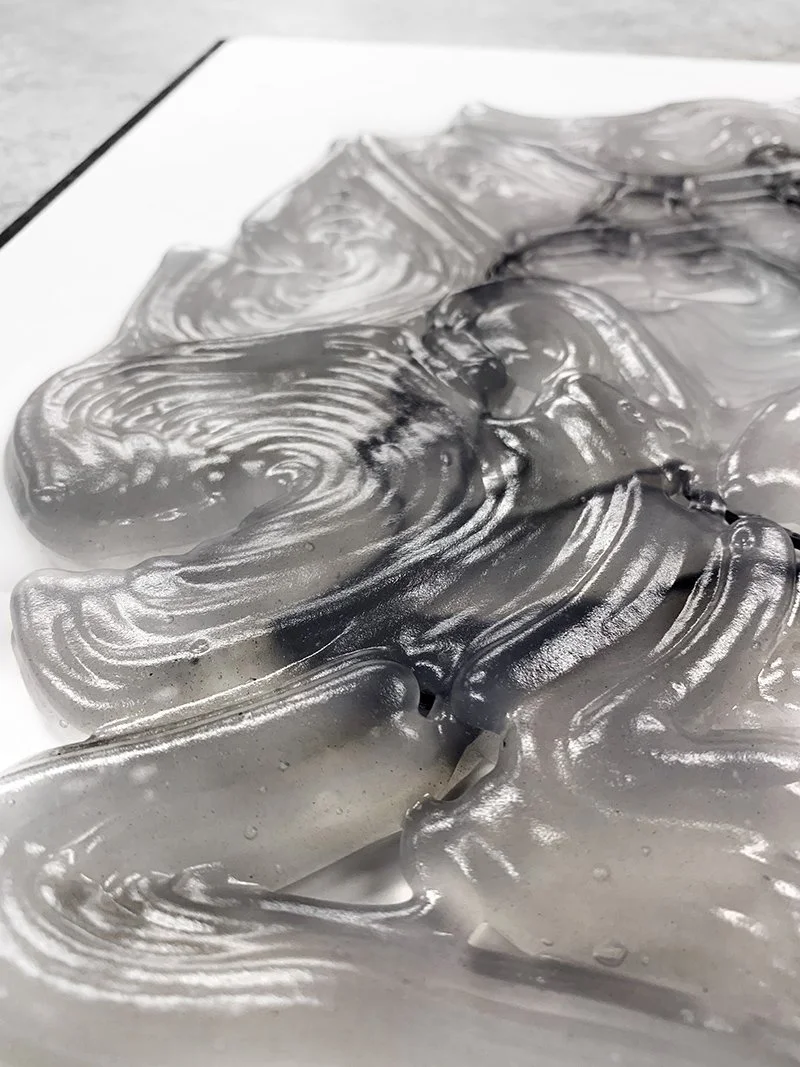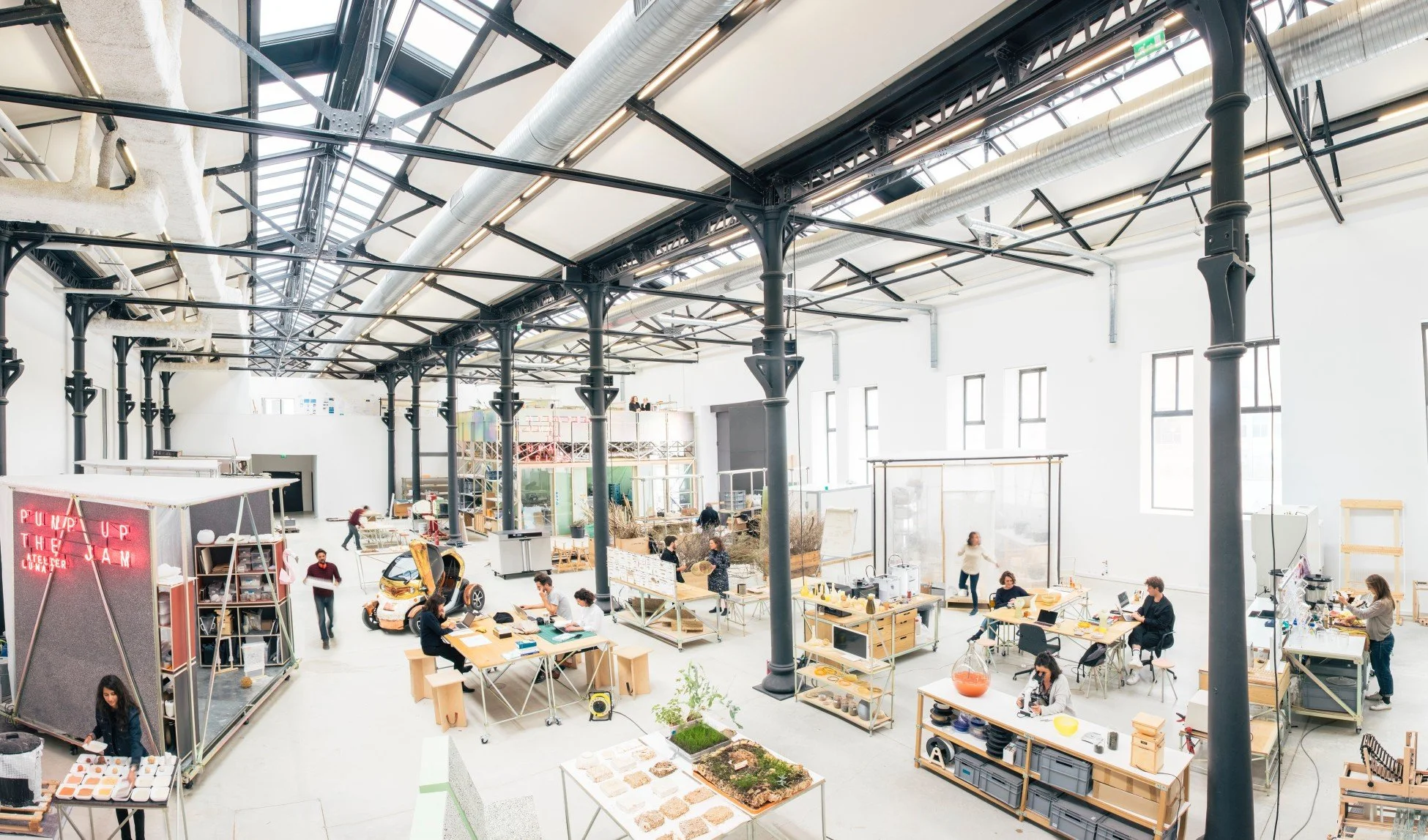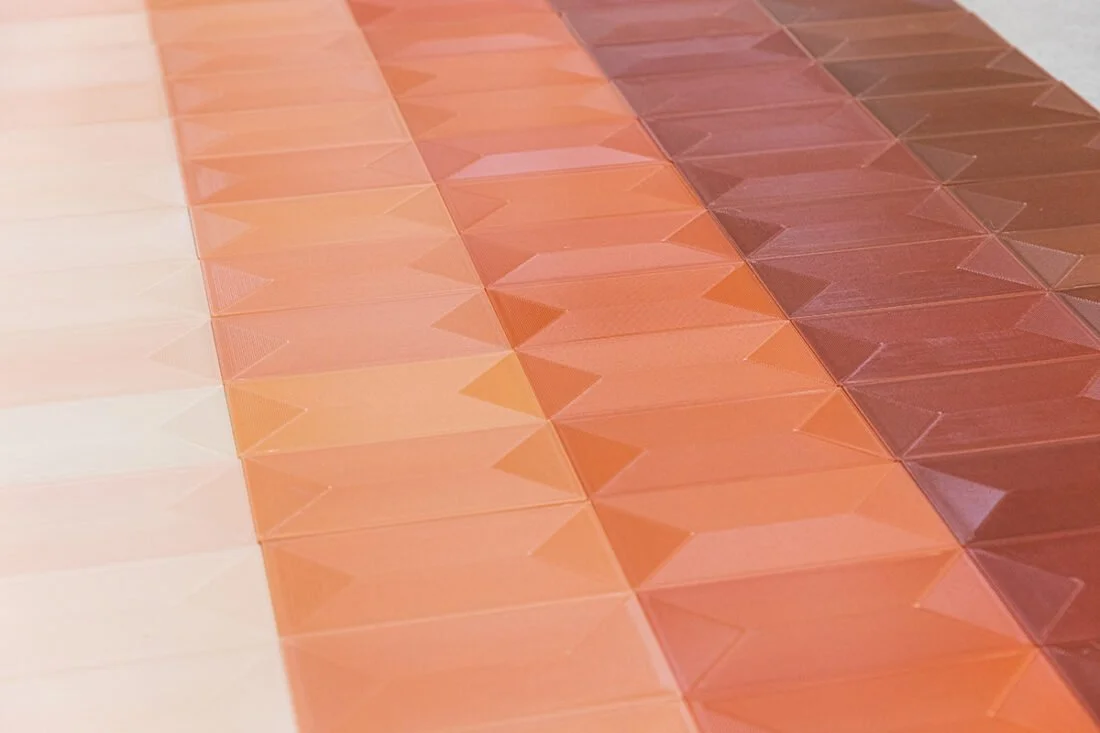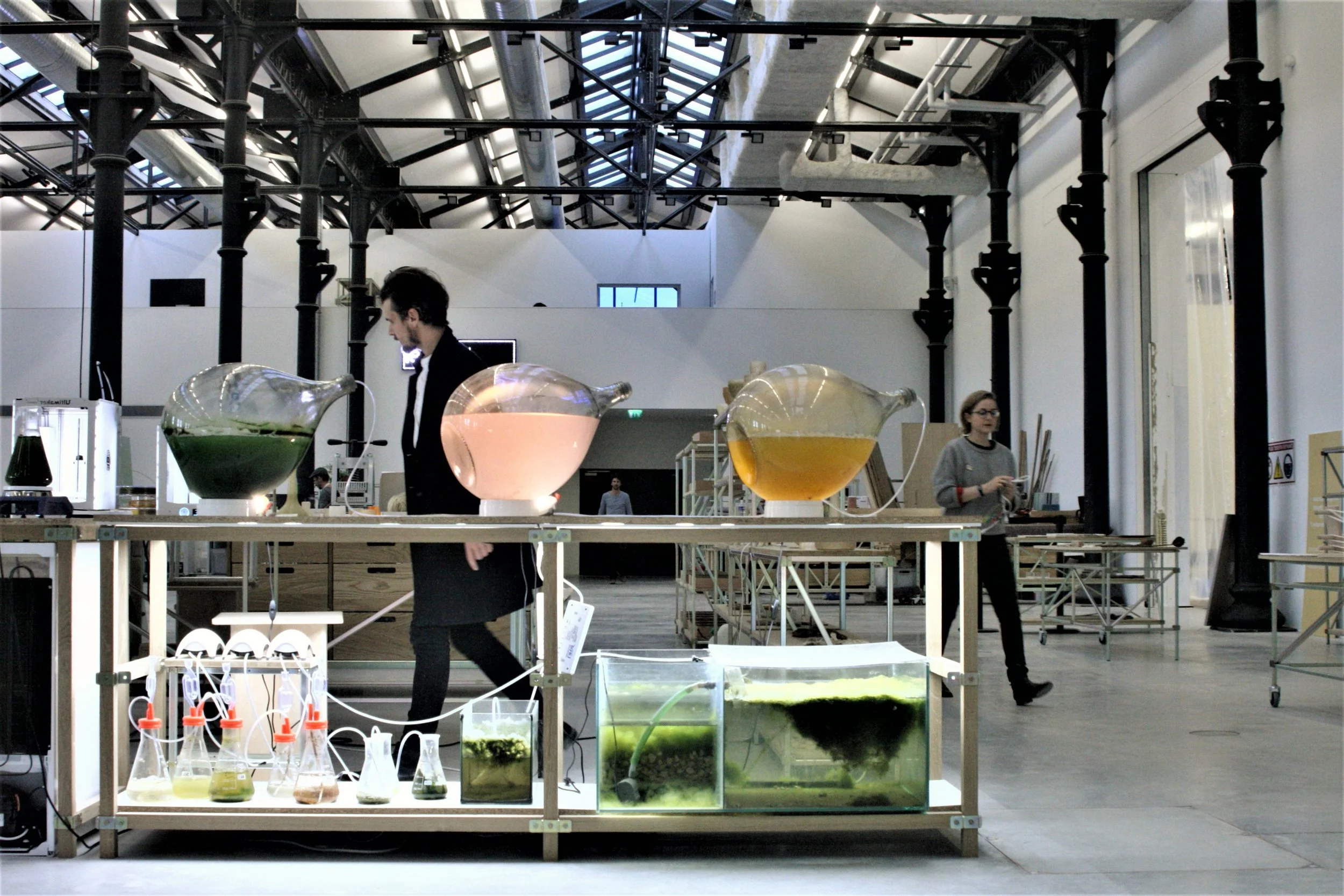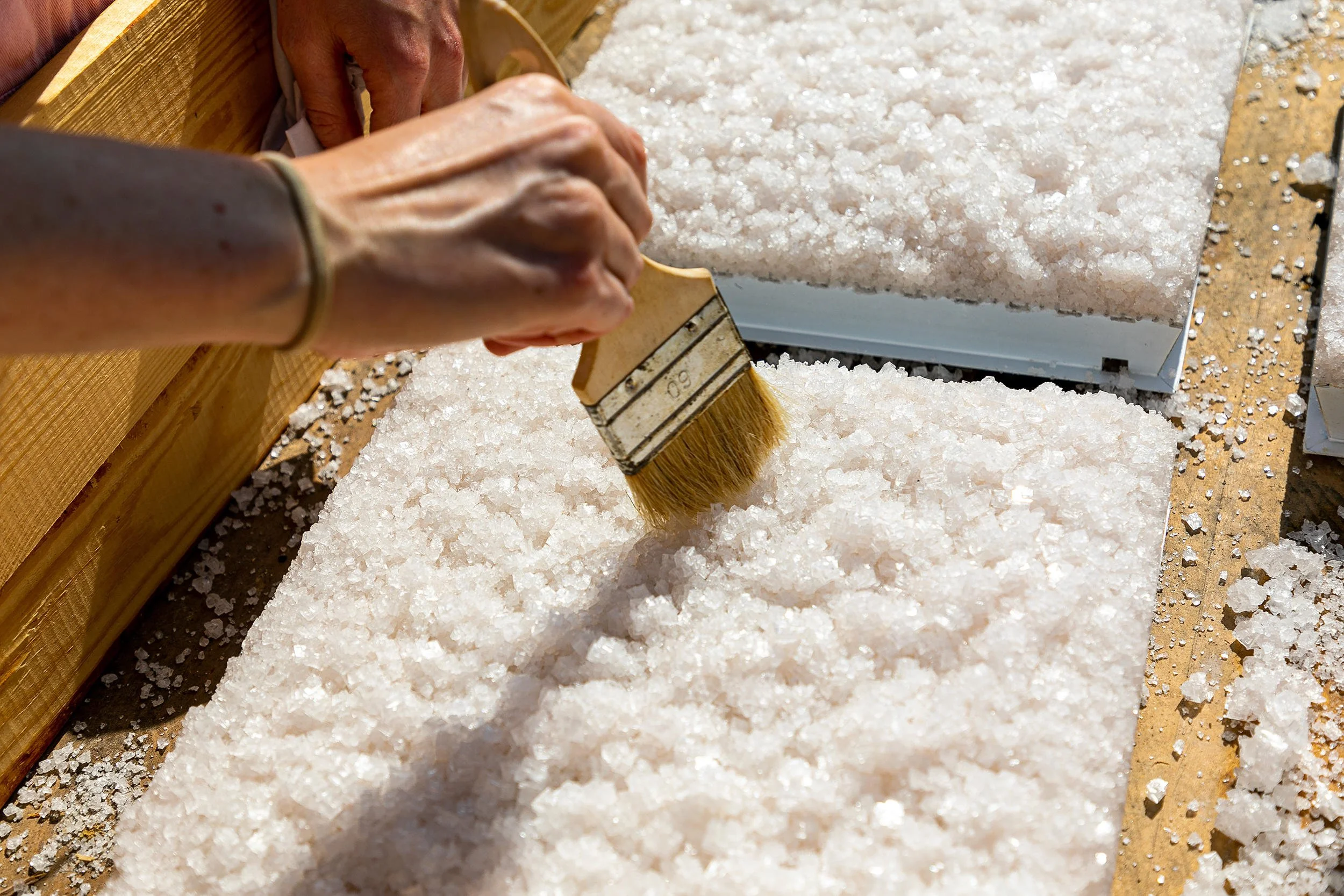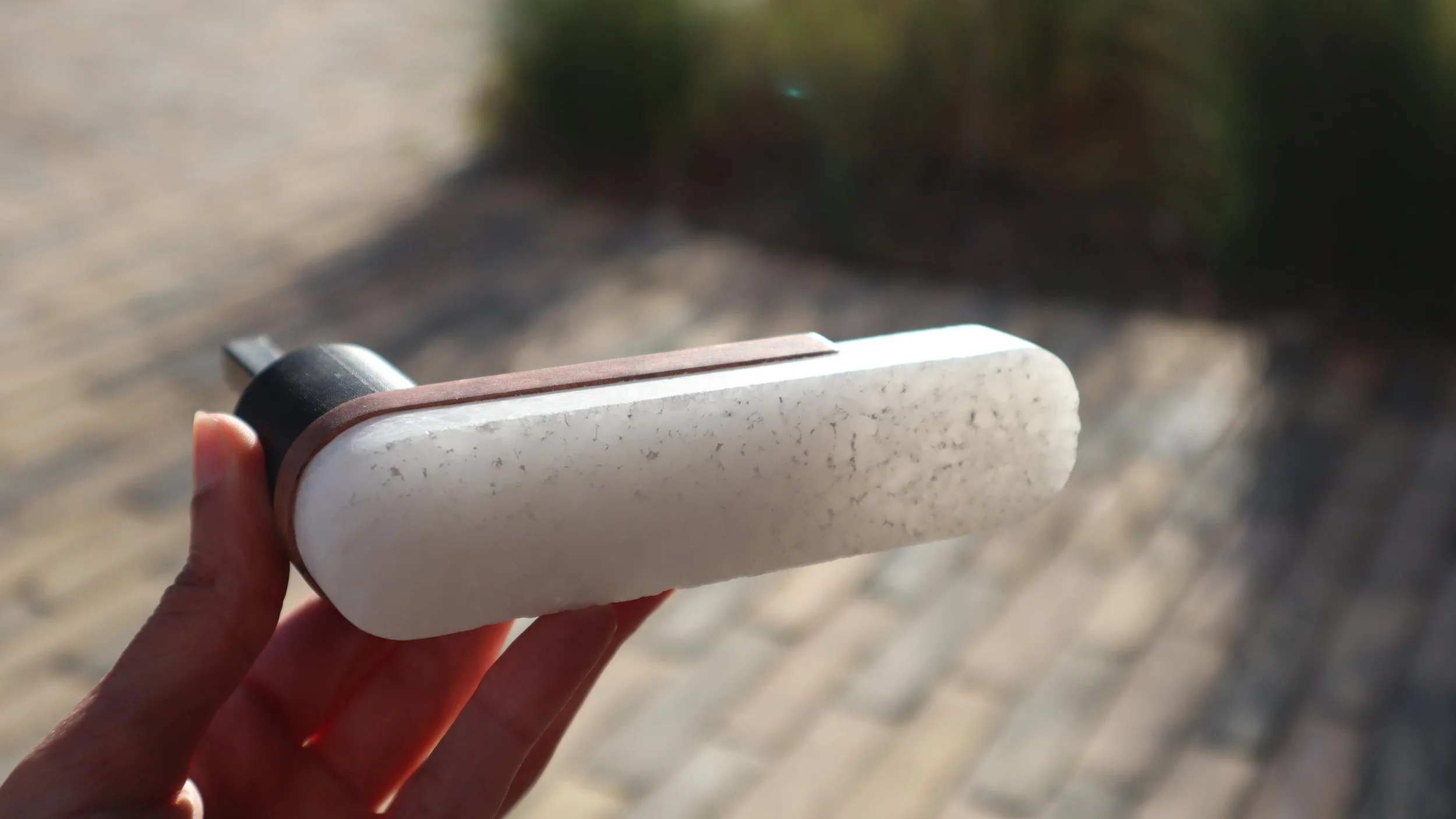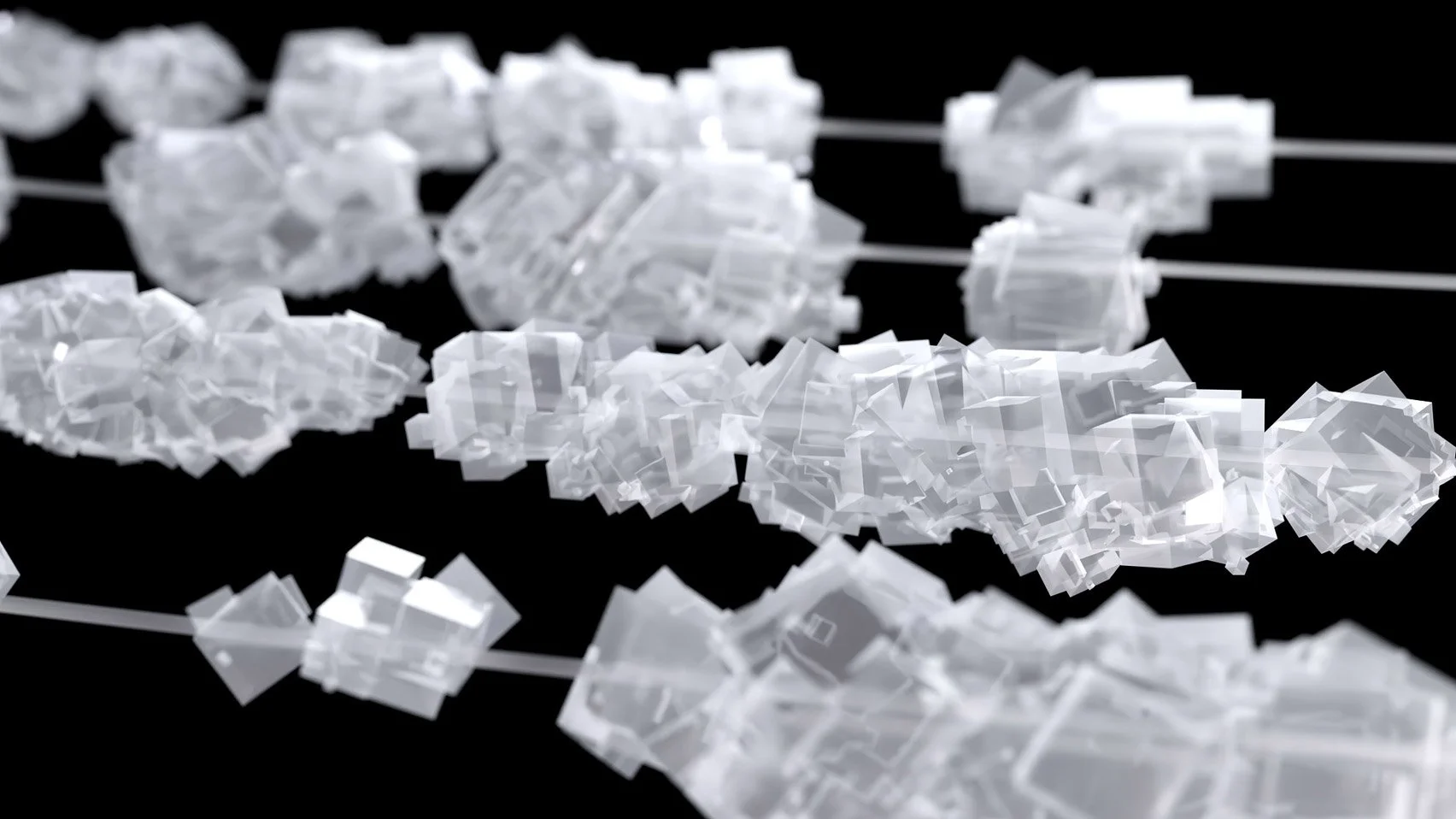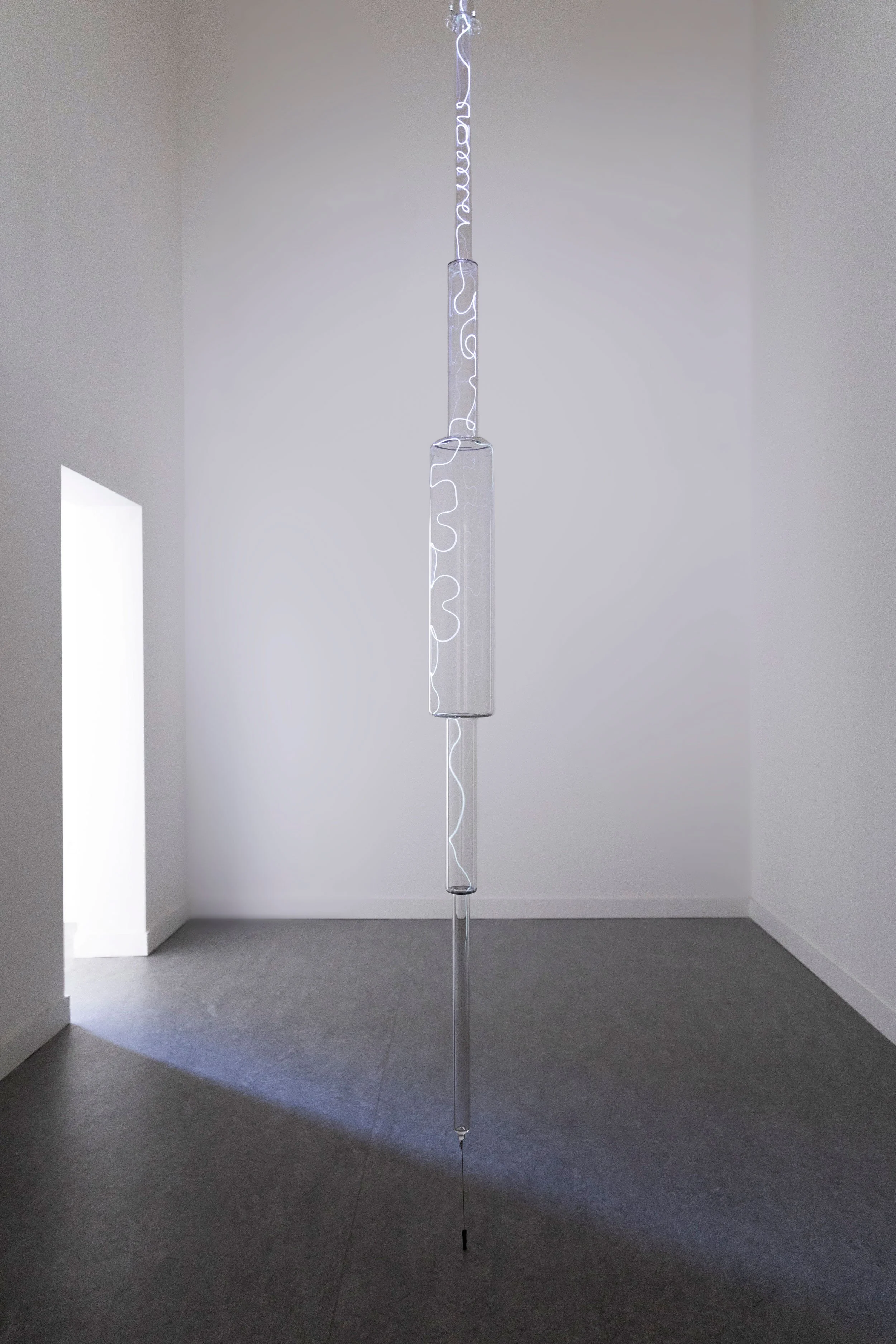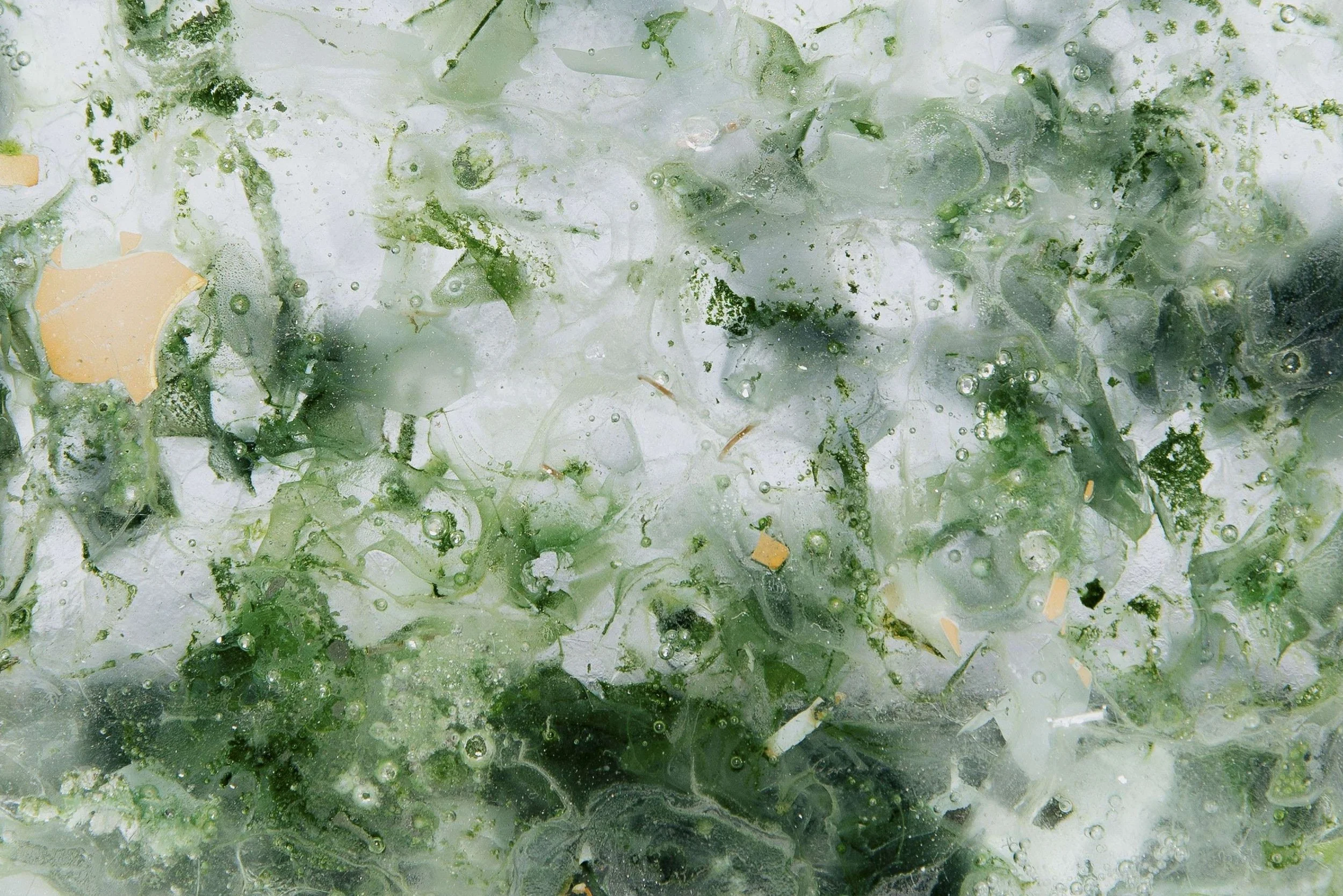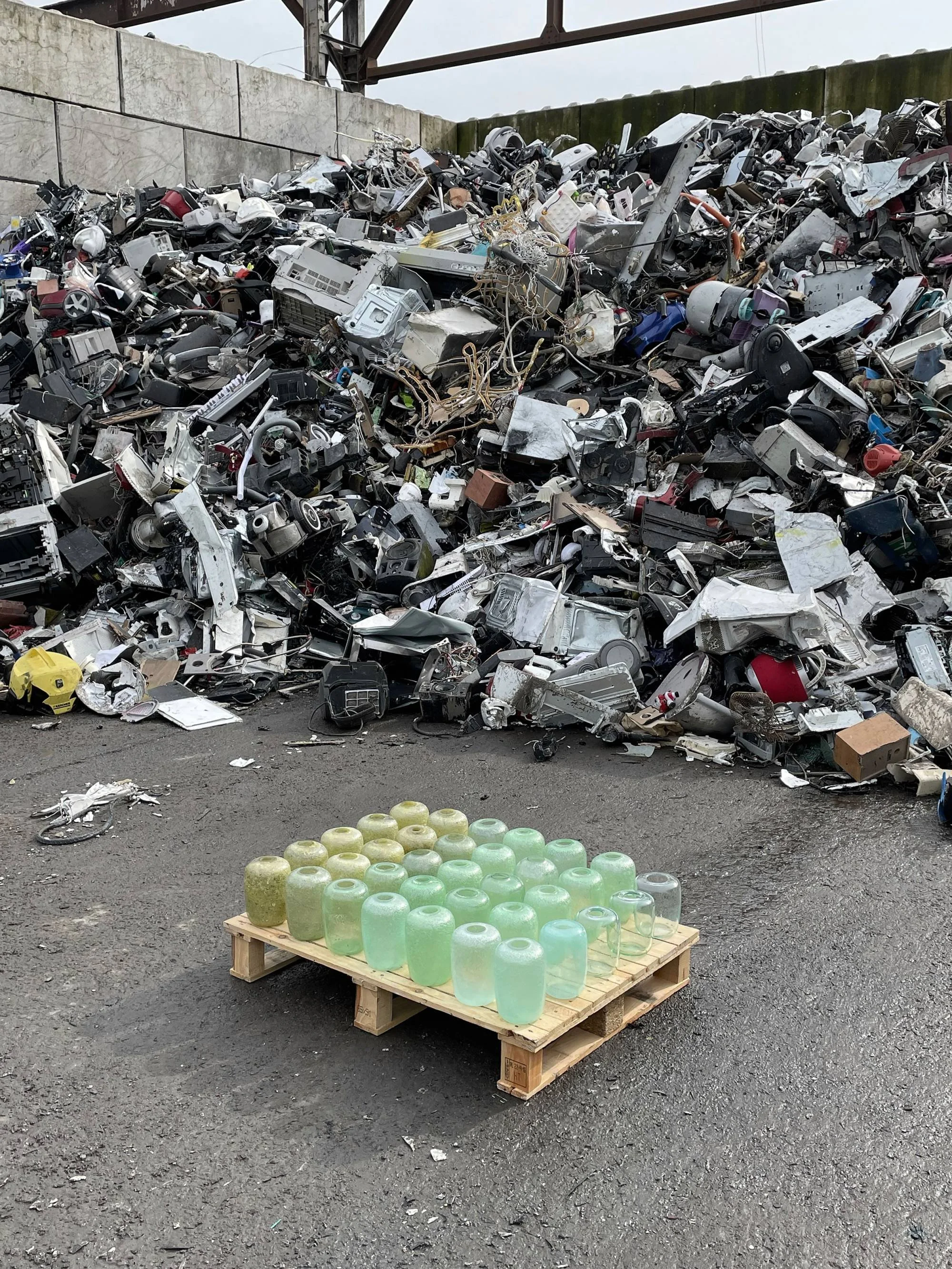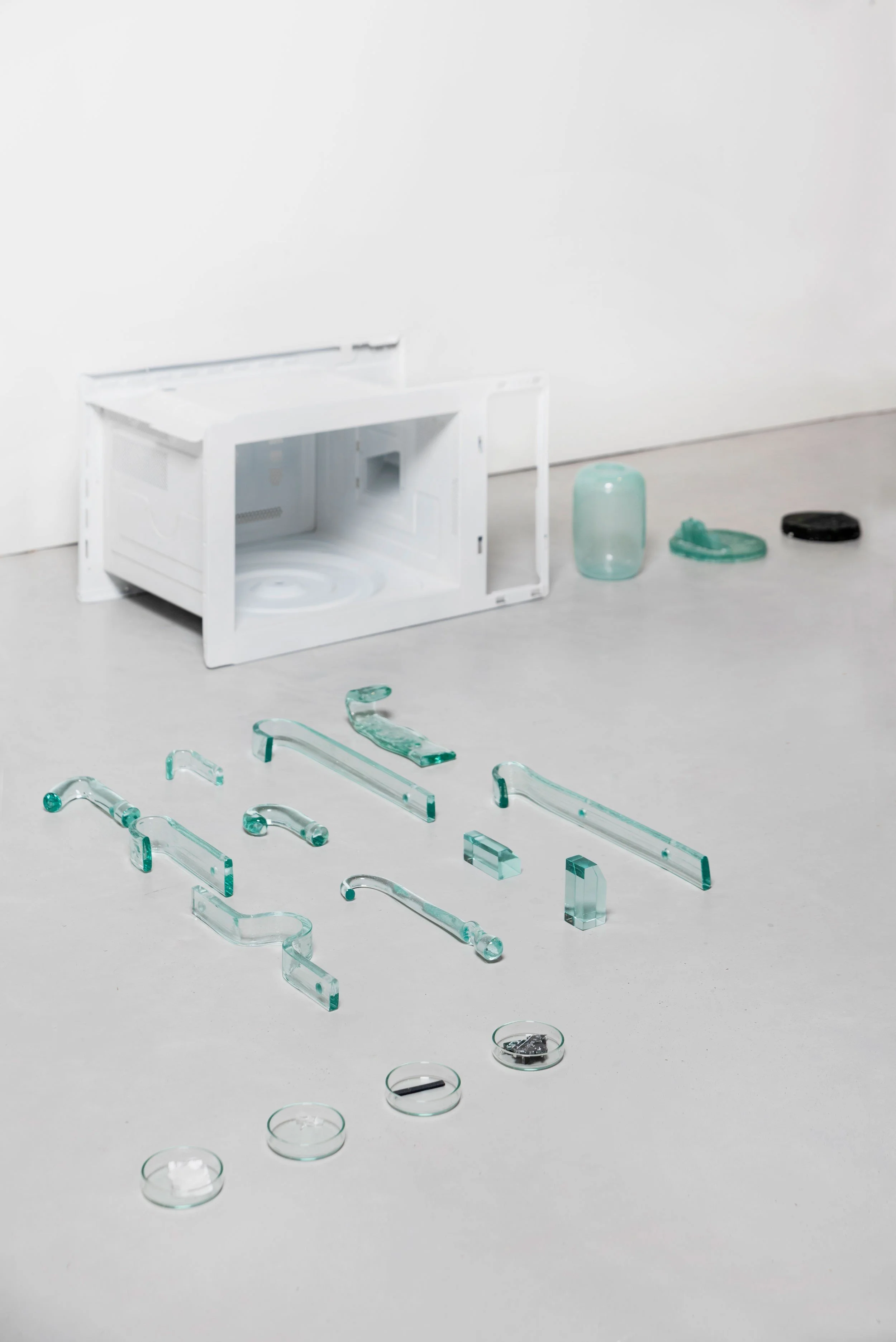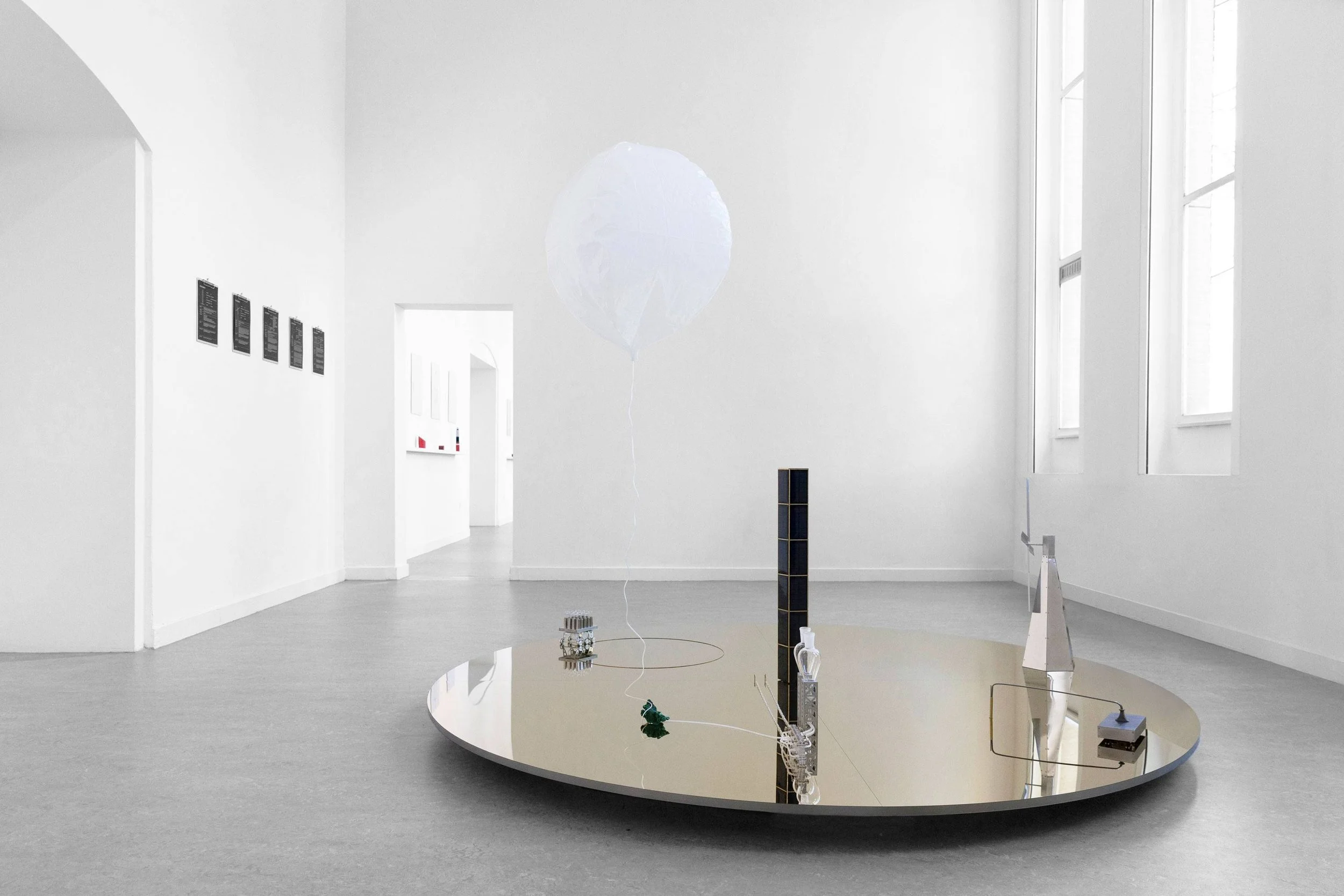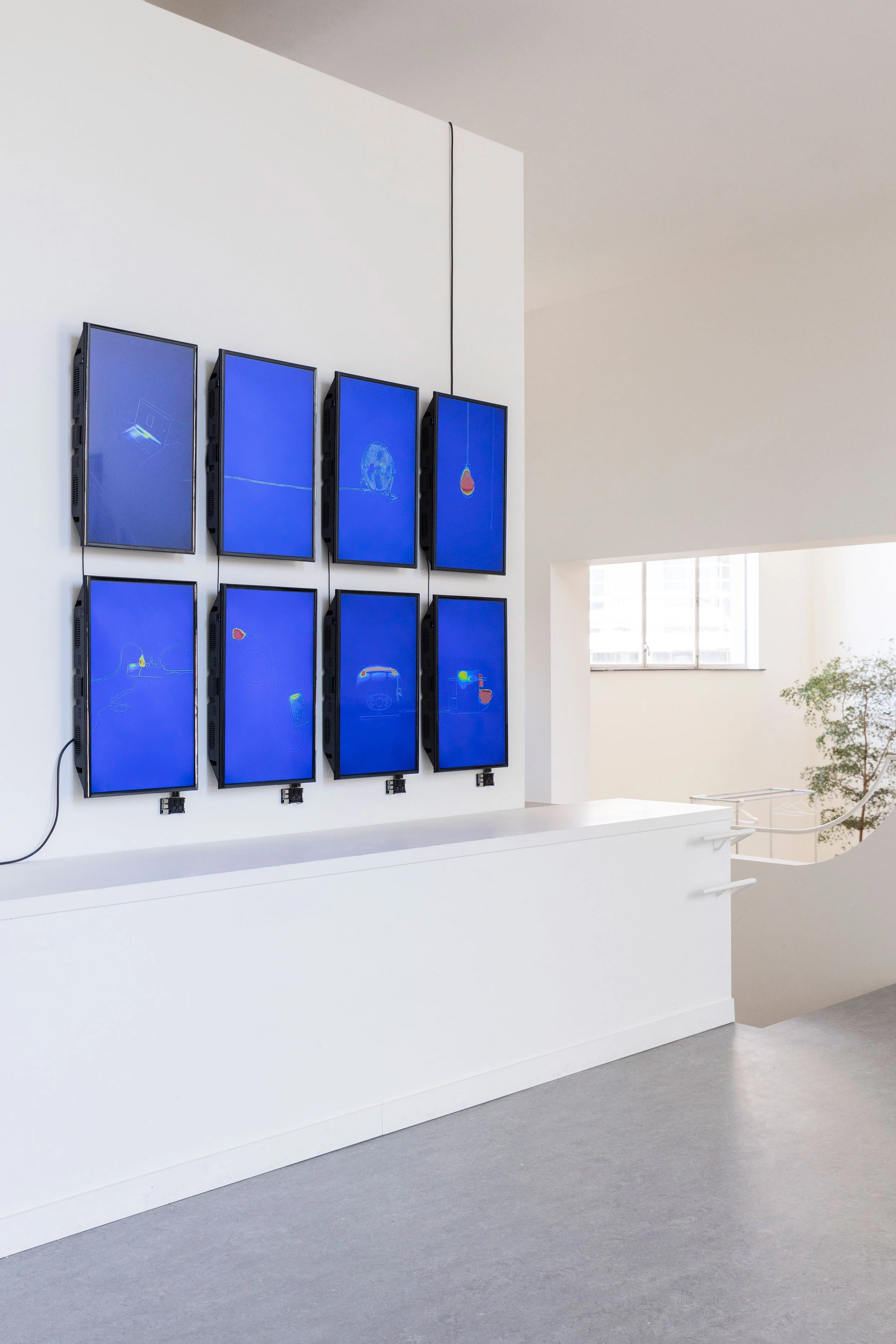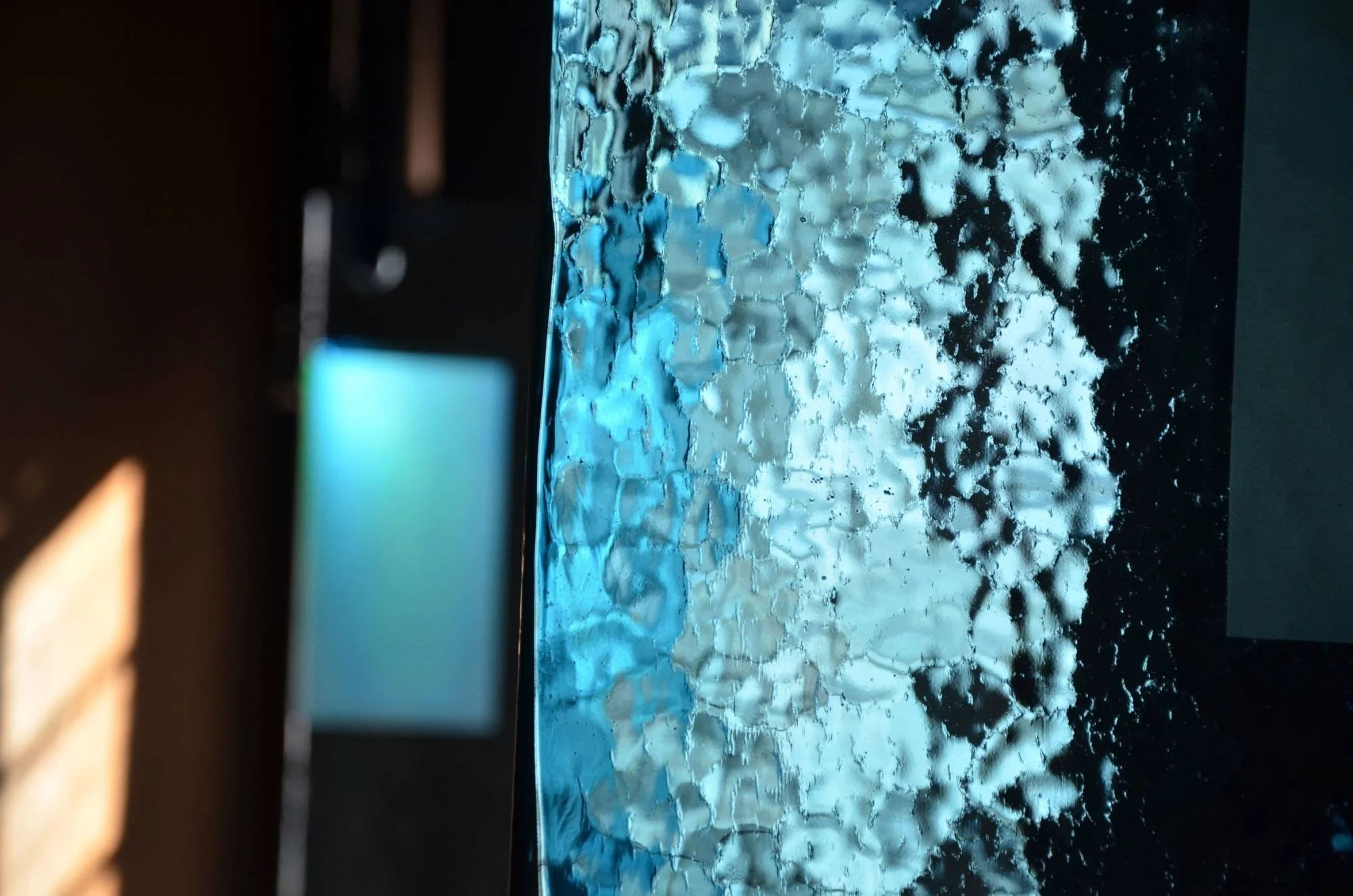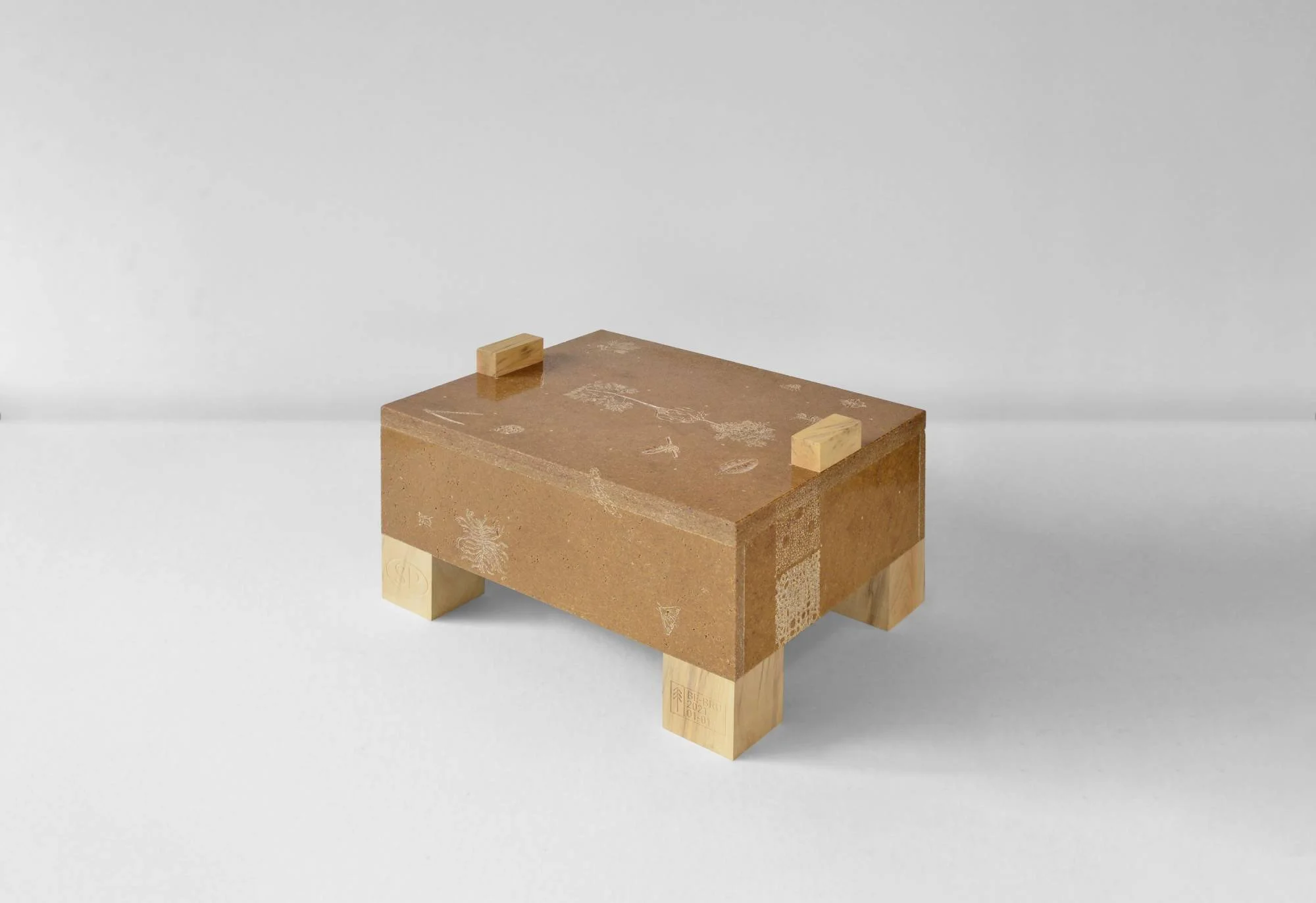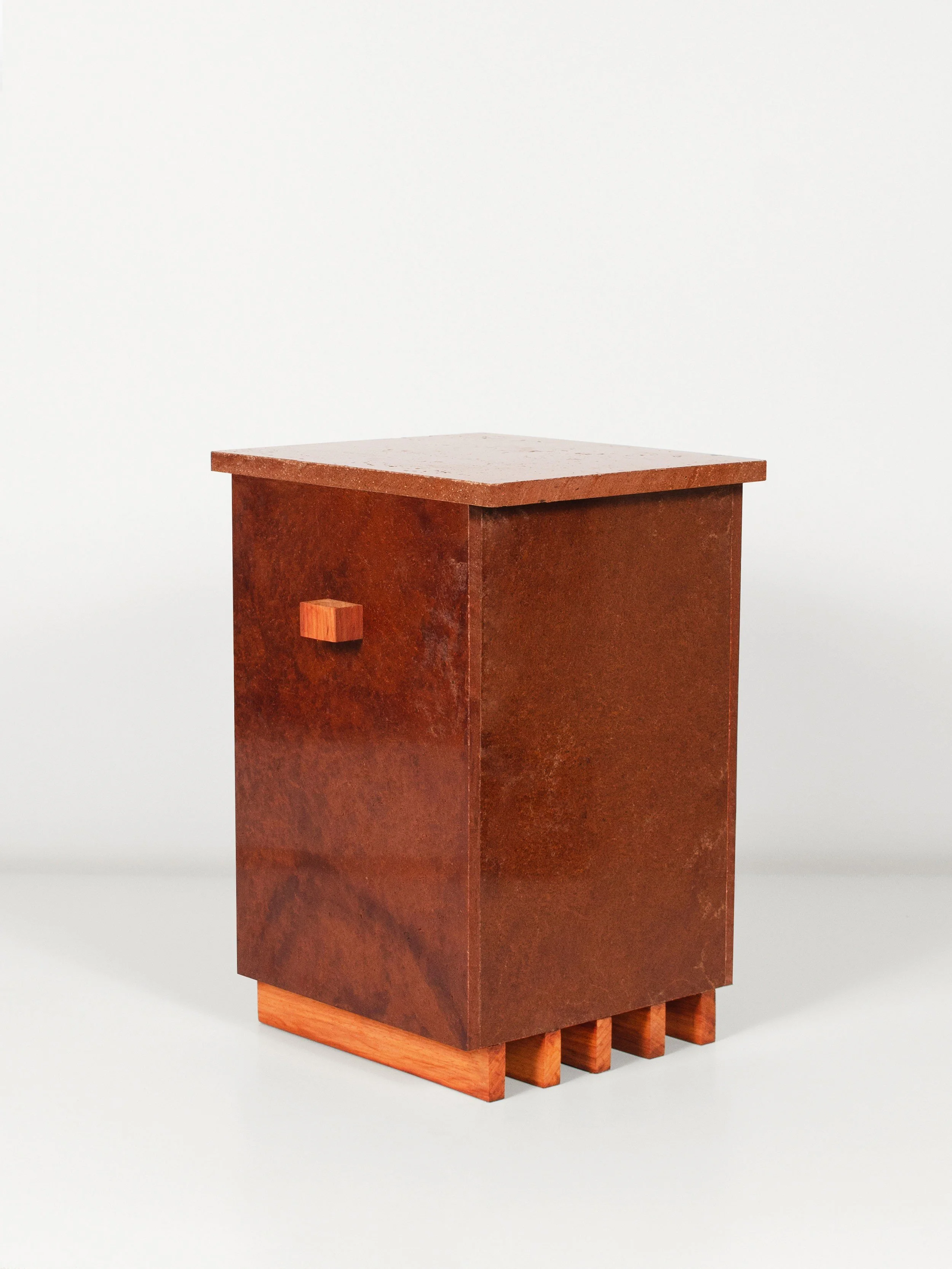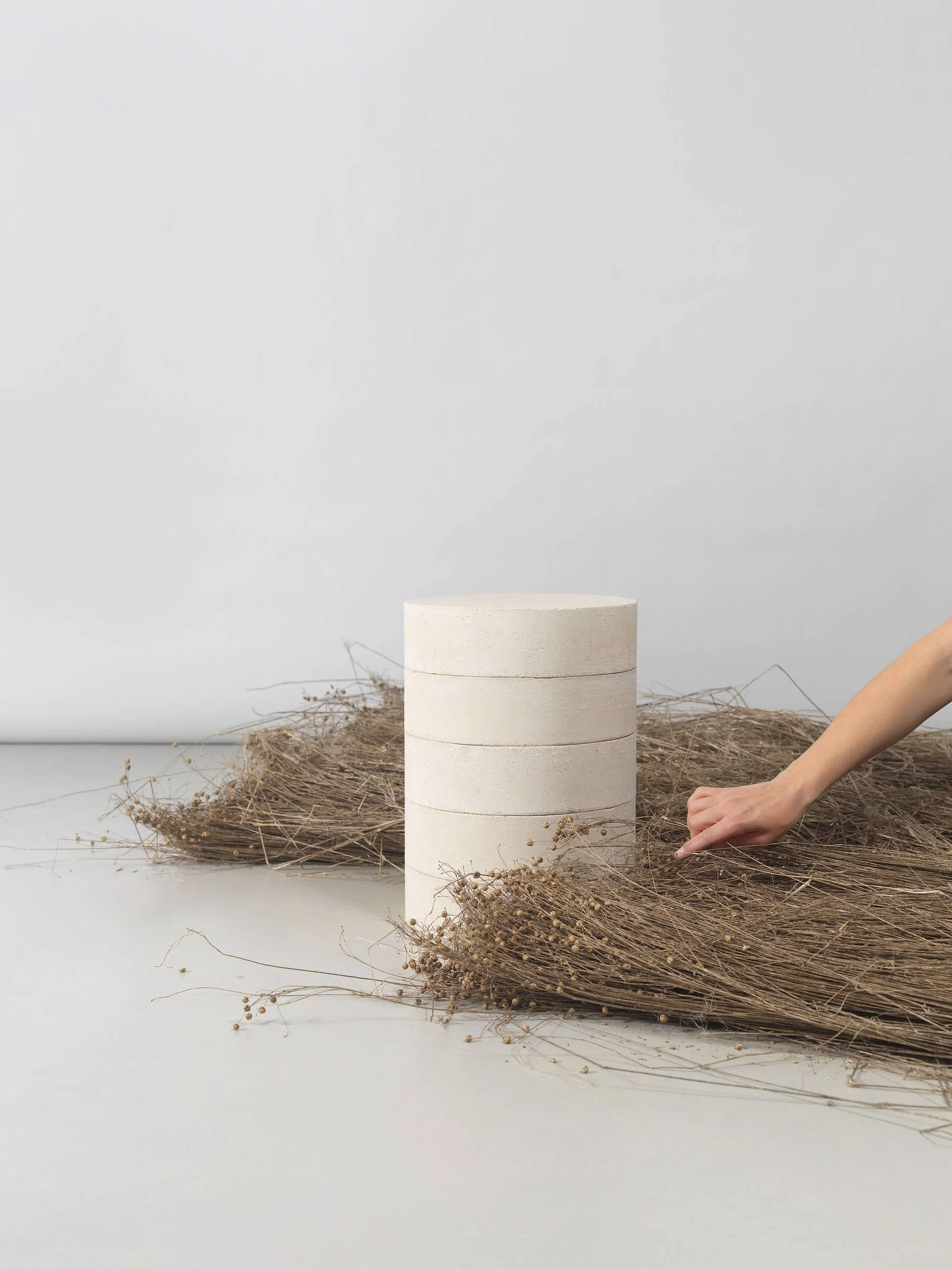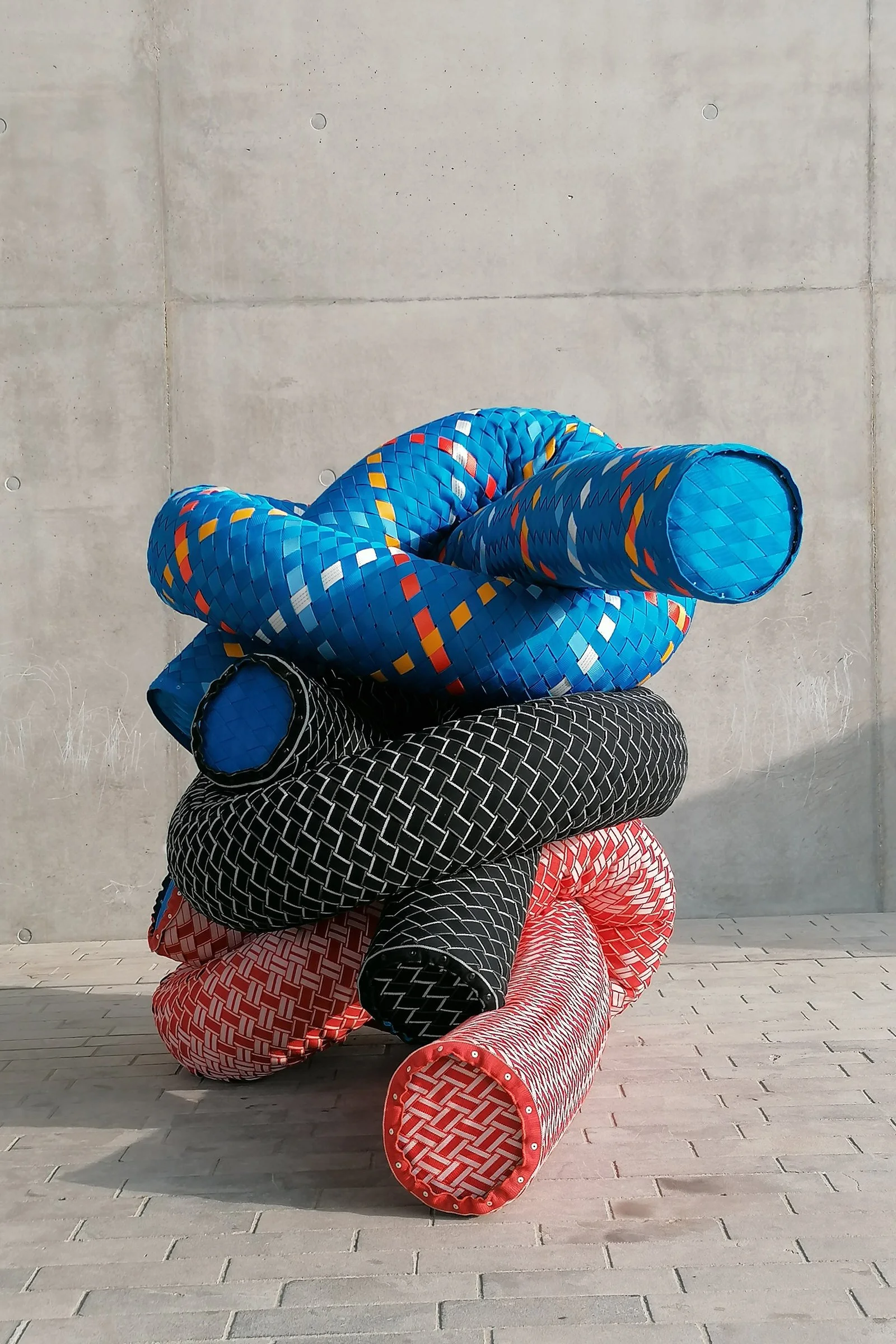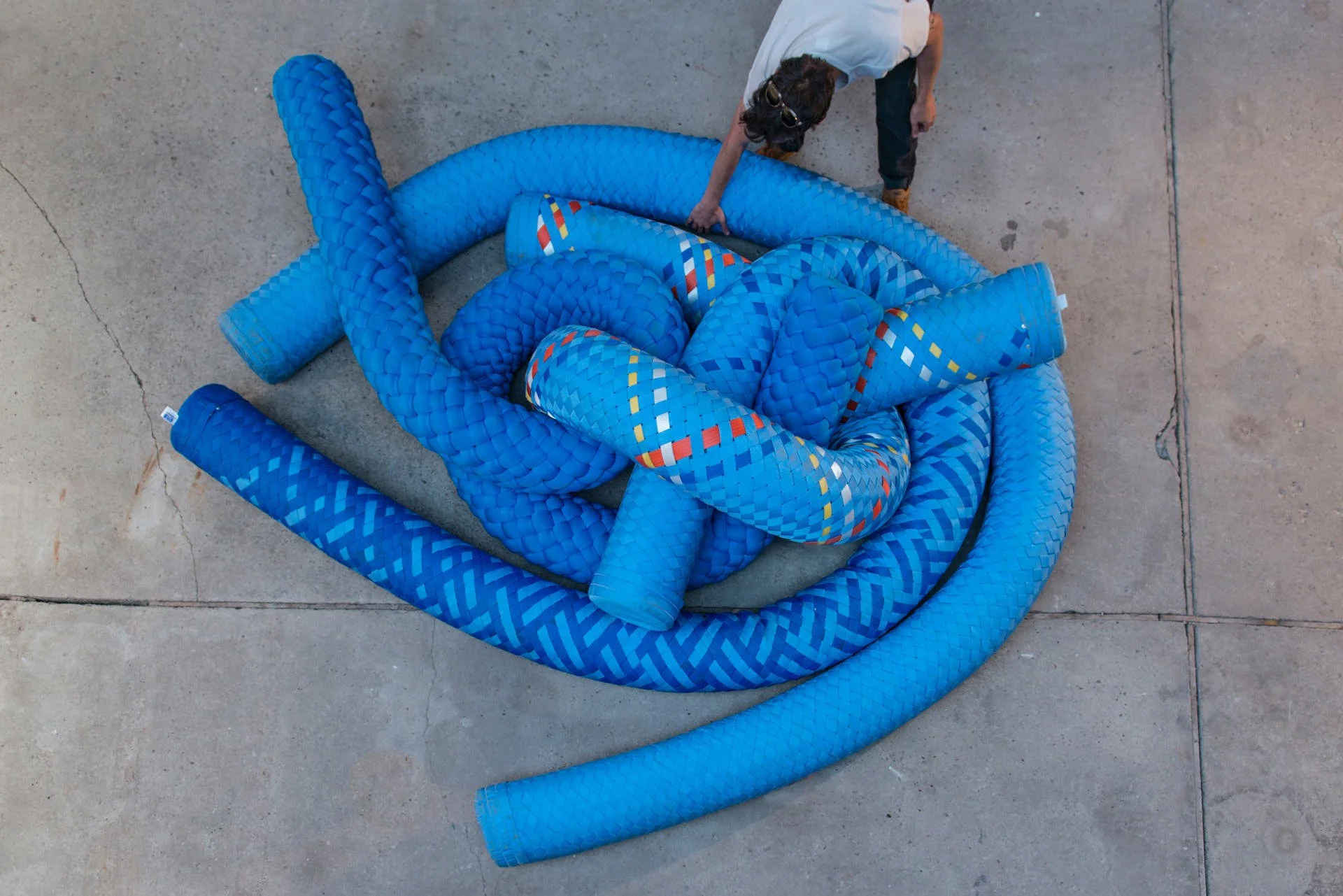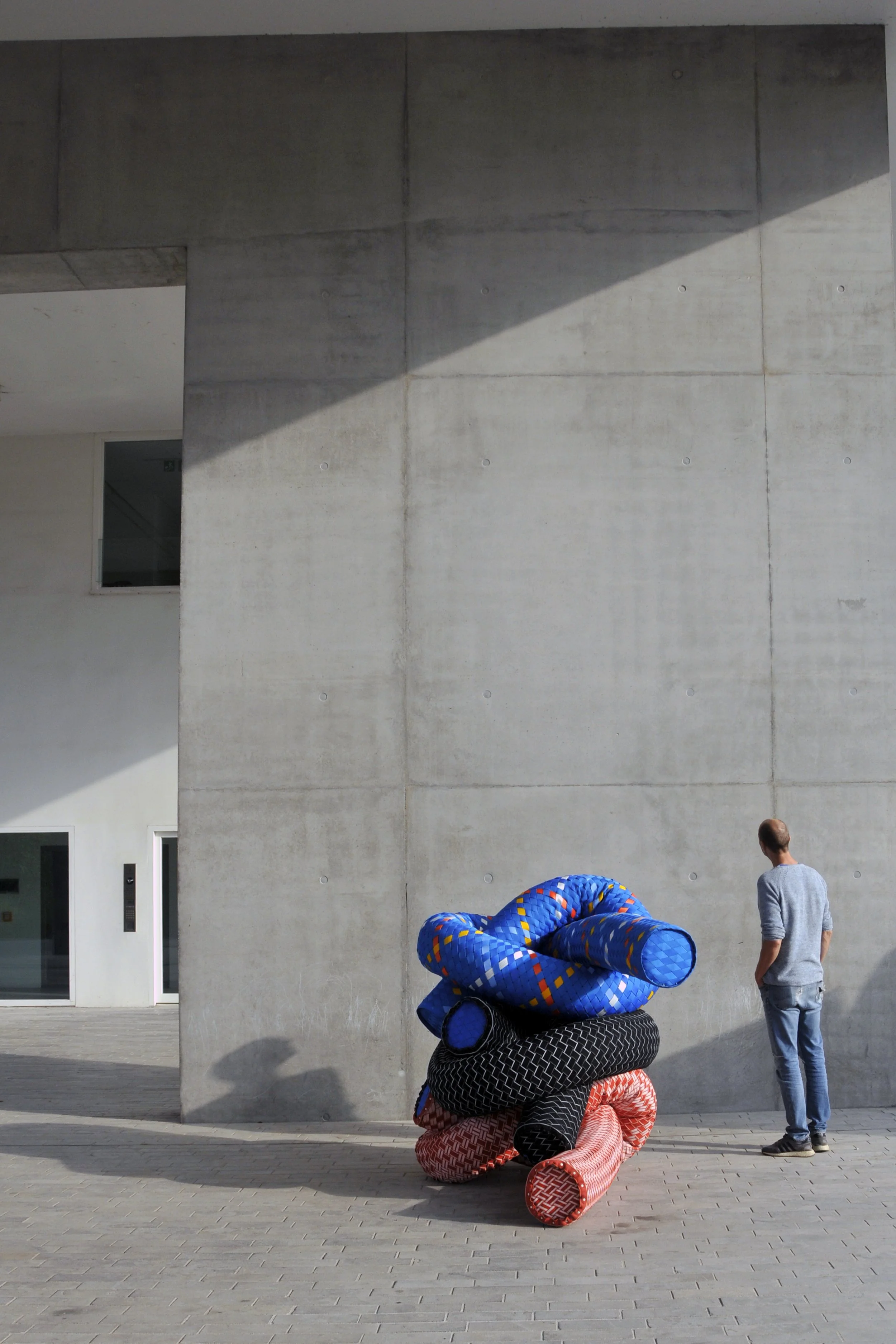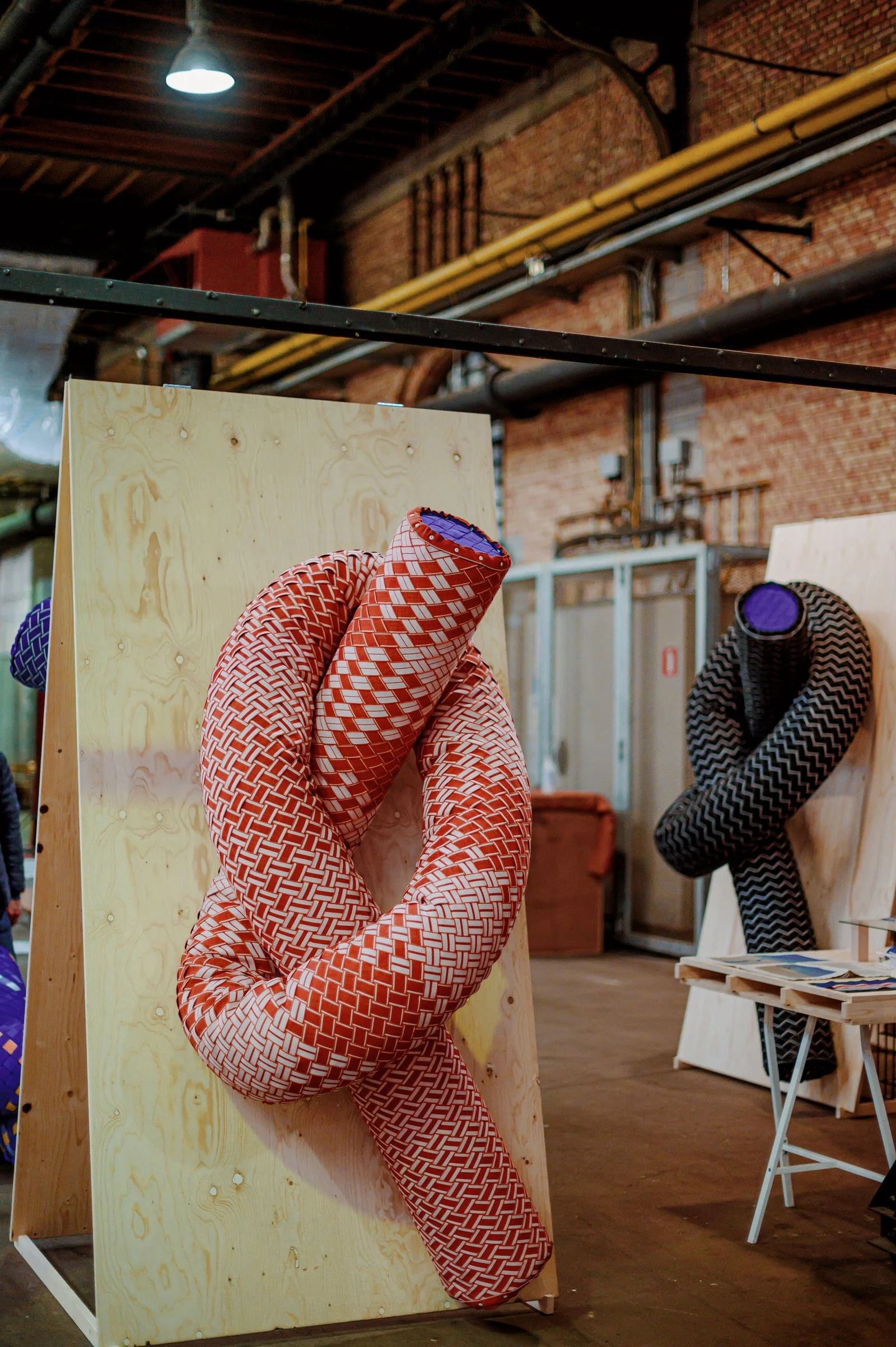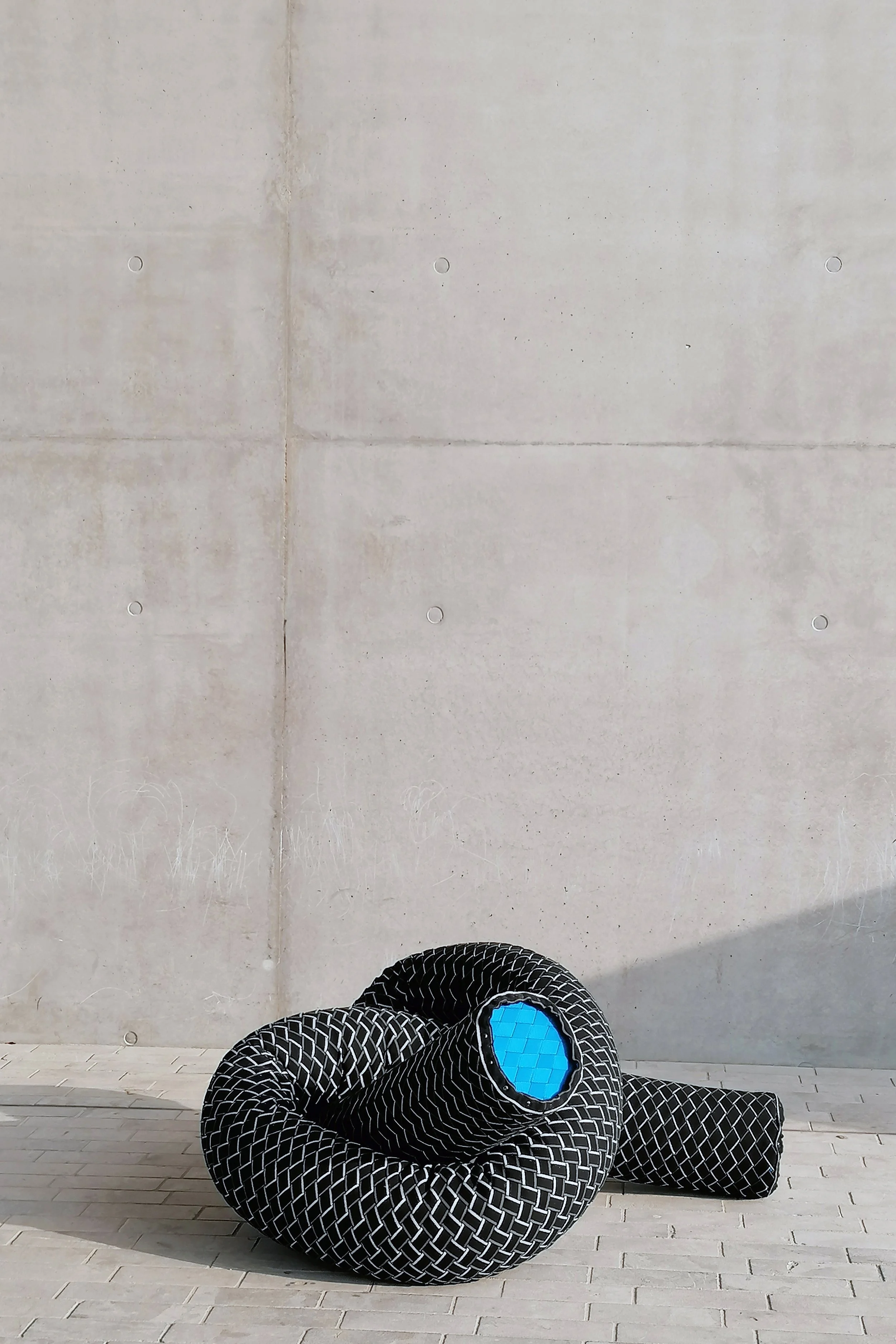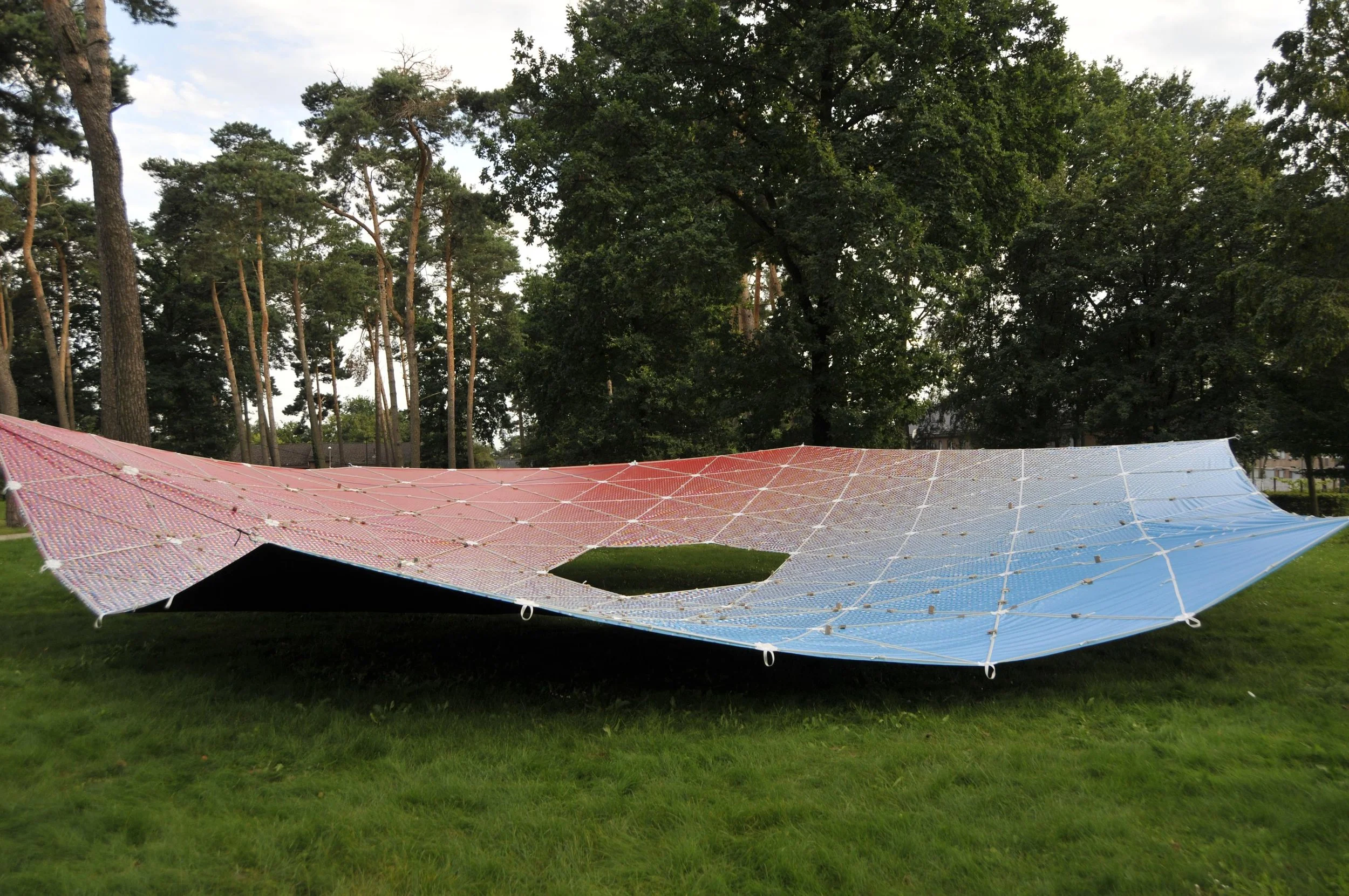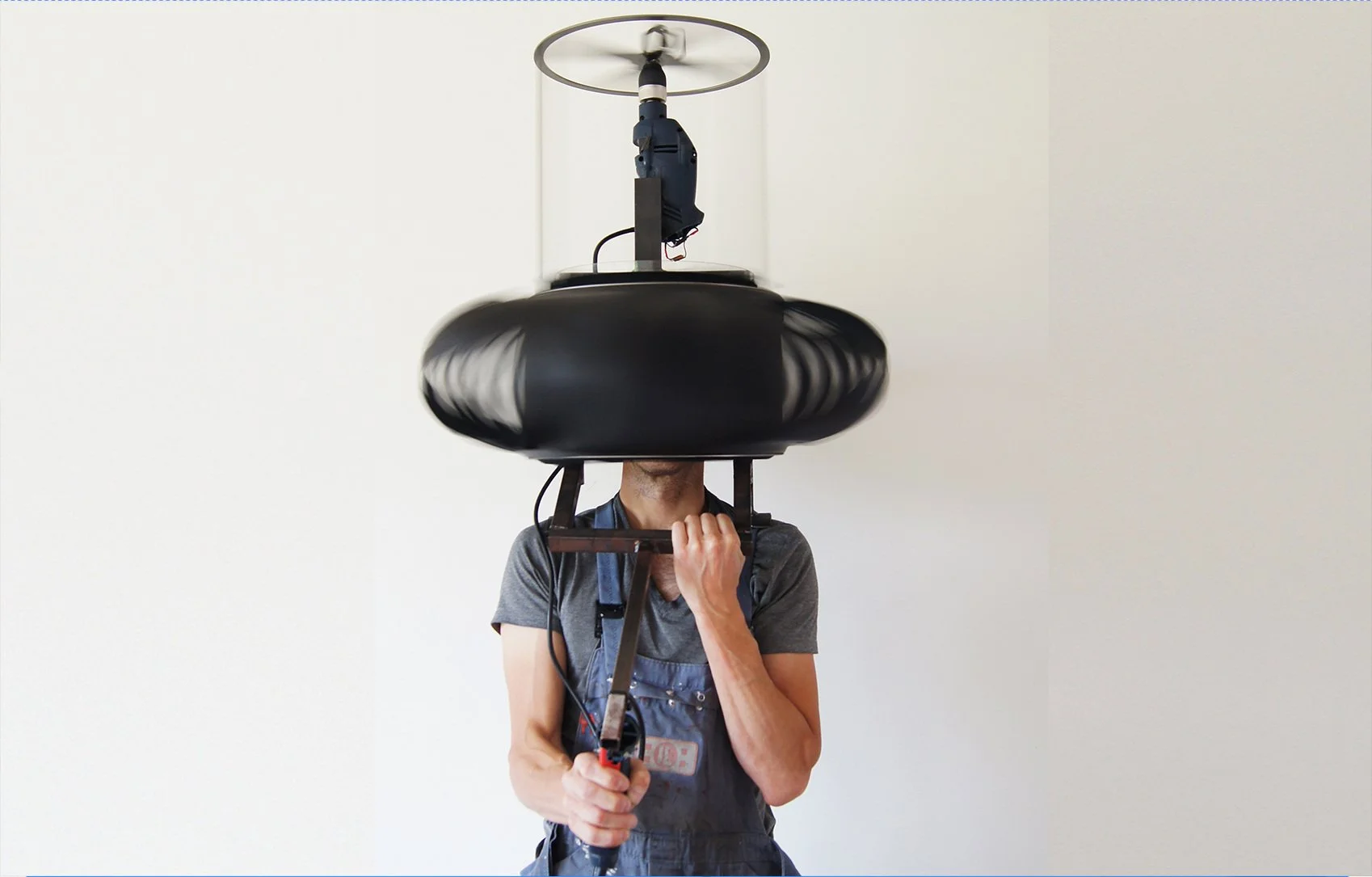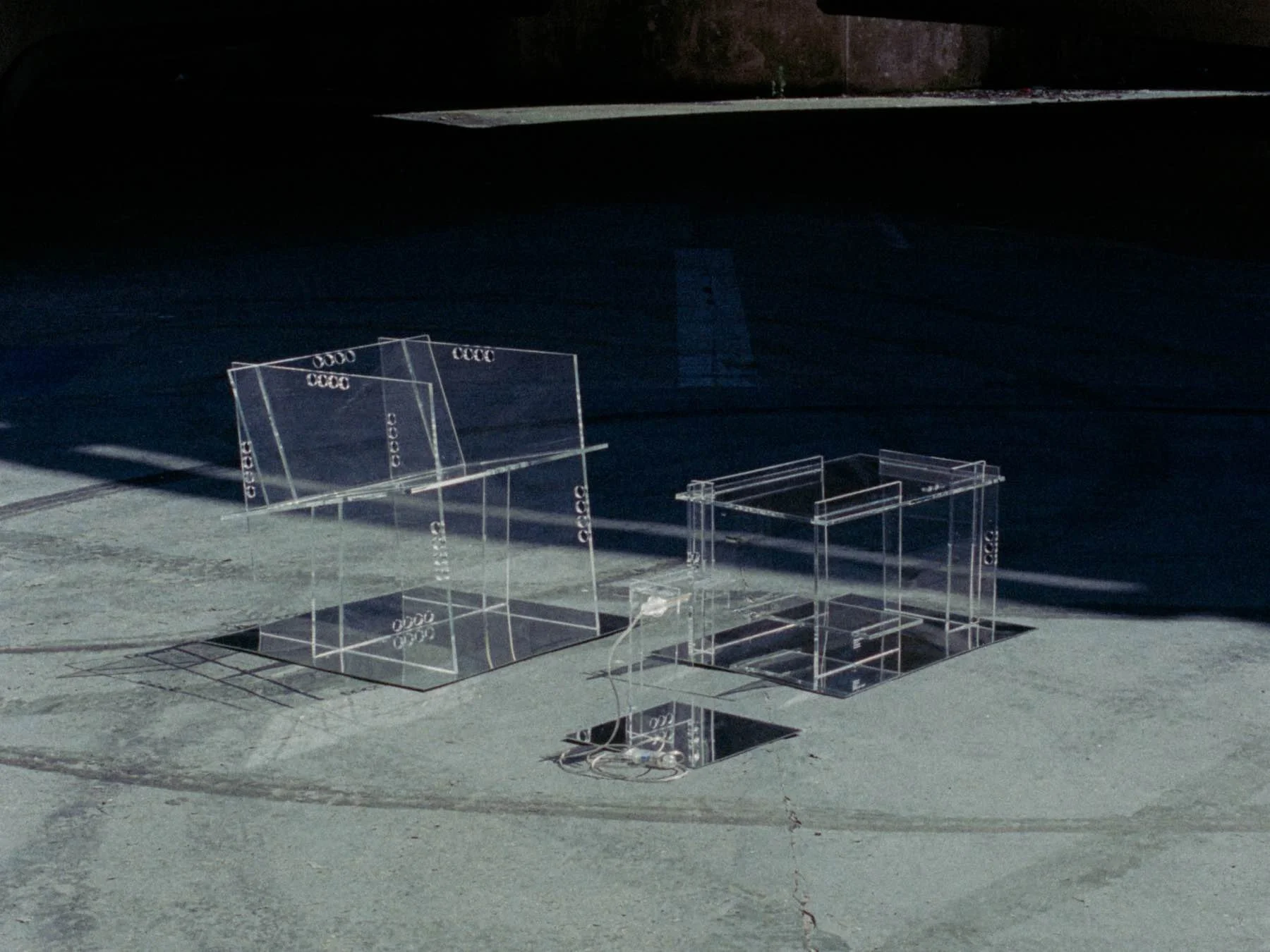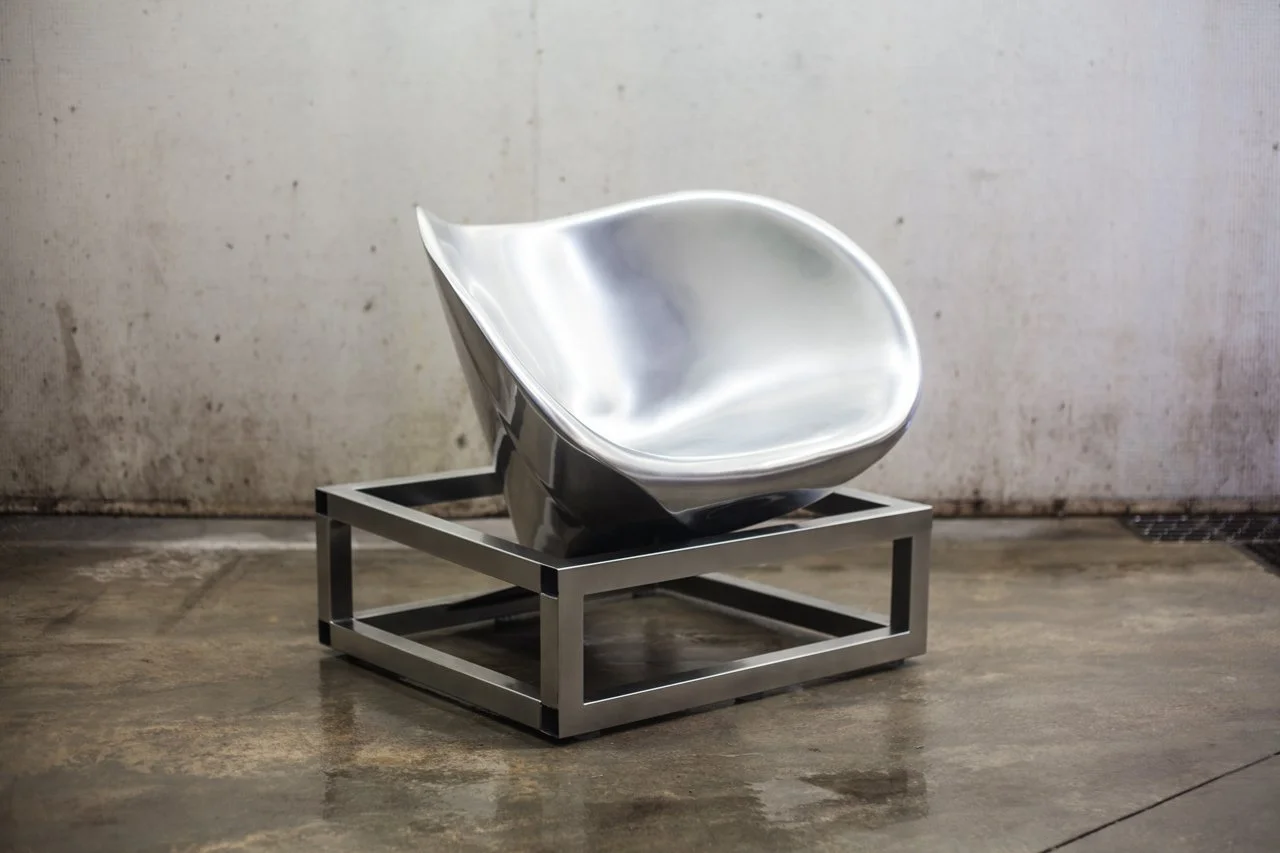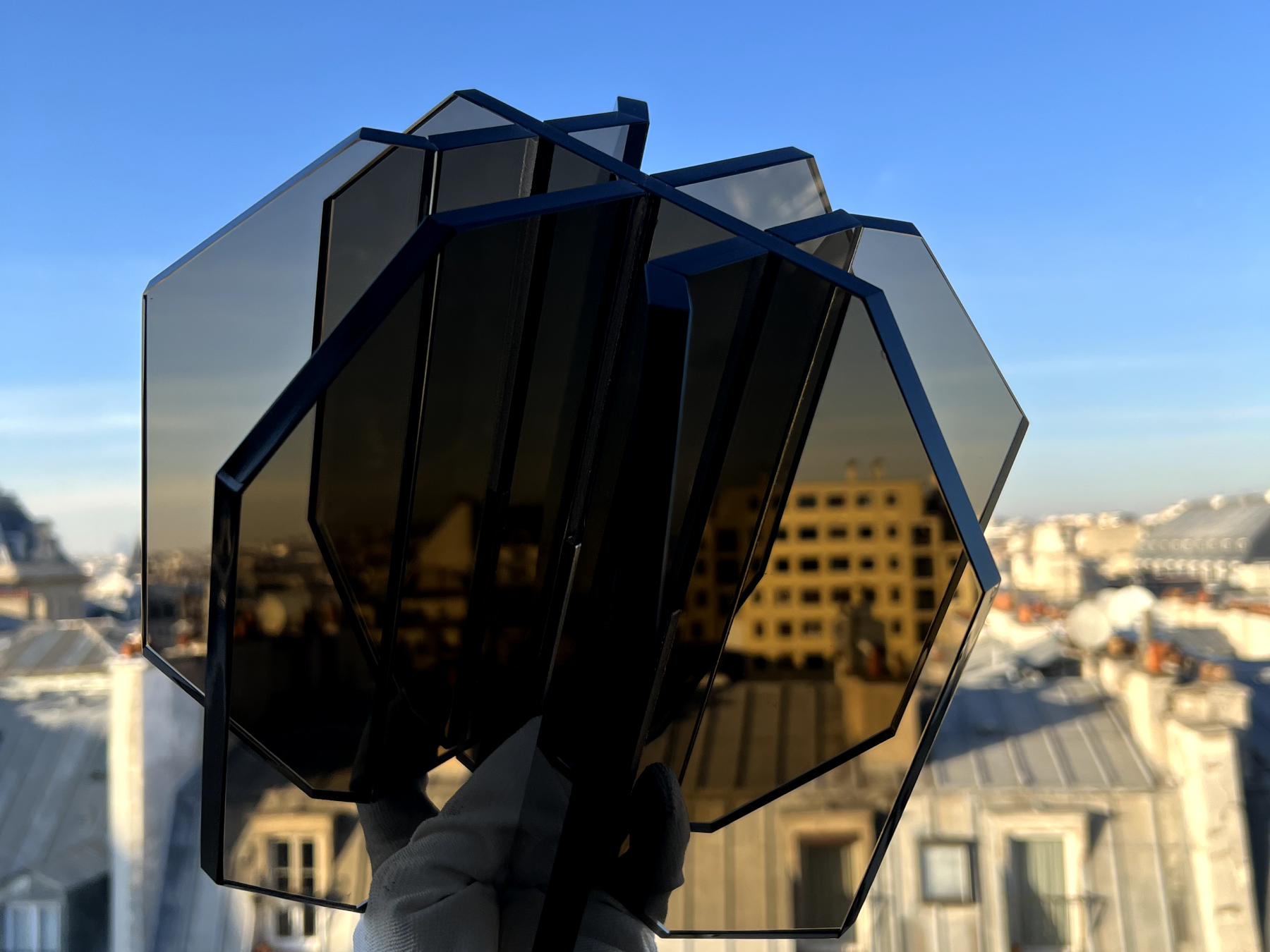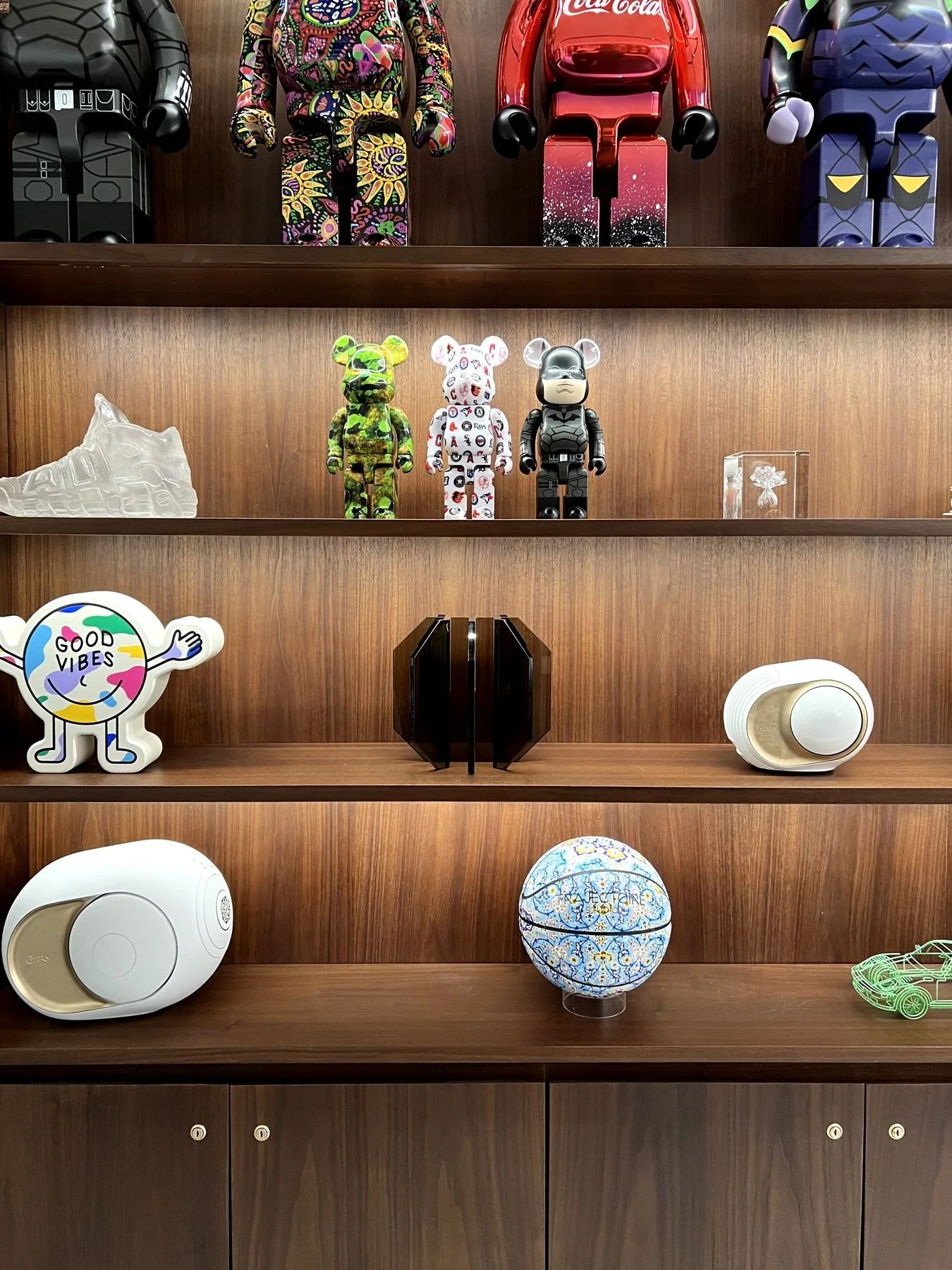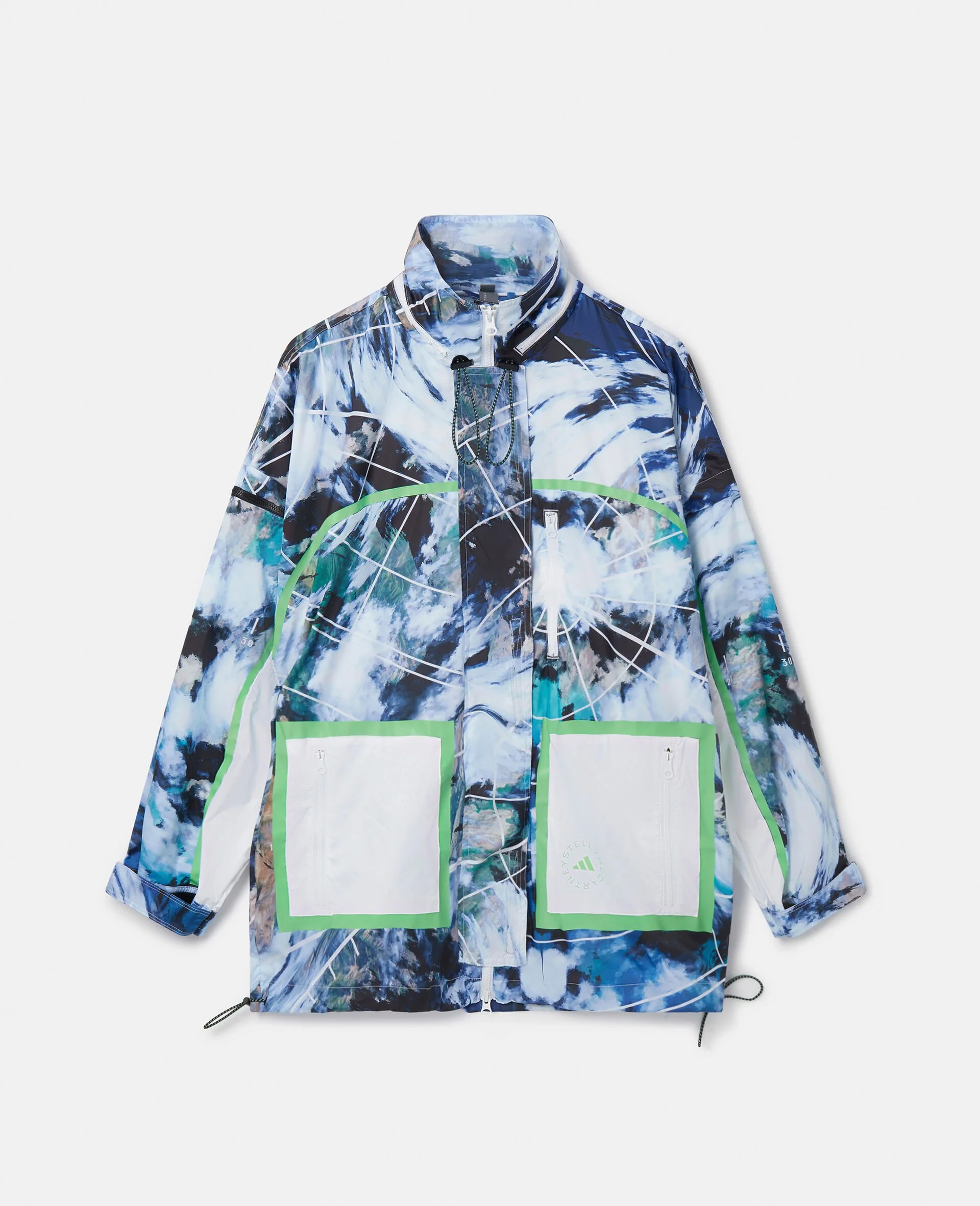 Image 1 of 13
Image 1 of 13

 Image 2 of 13
Image 2 of 13

 Image 3 of 13
Image 3 of 13

 Image 4 of 13
Image 4 of 13

 Image 5 of 13
Image 5 of 13

 Image 6 of 13
Image 6 of 13

 Image 7 of 13
Image 7 of 13

 Image 8 of 13
Image 8 of 13

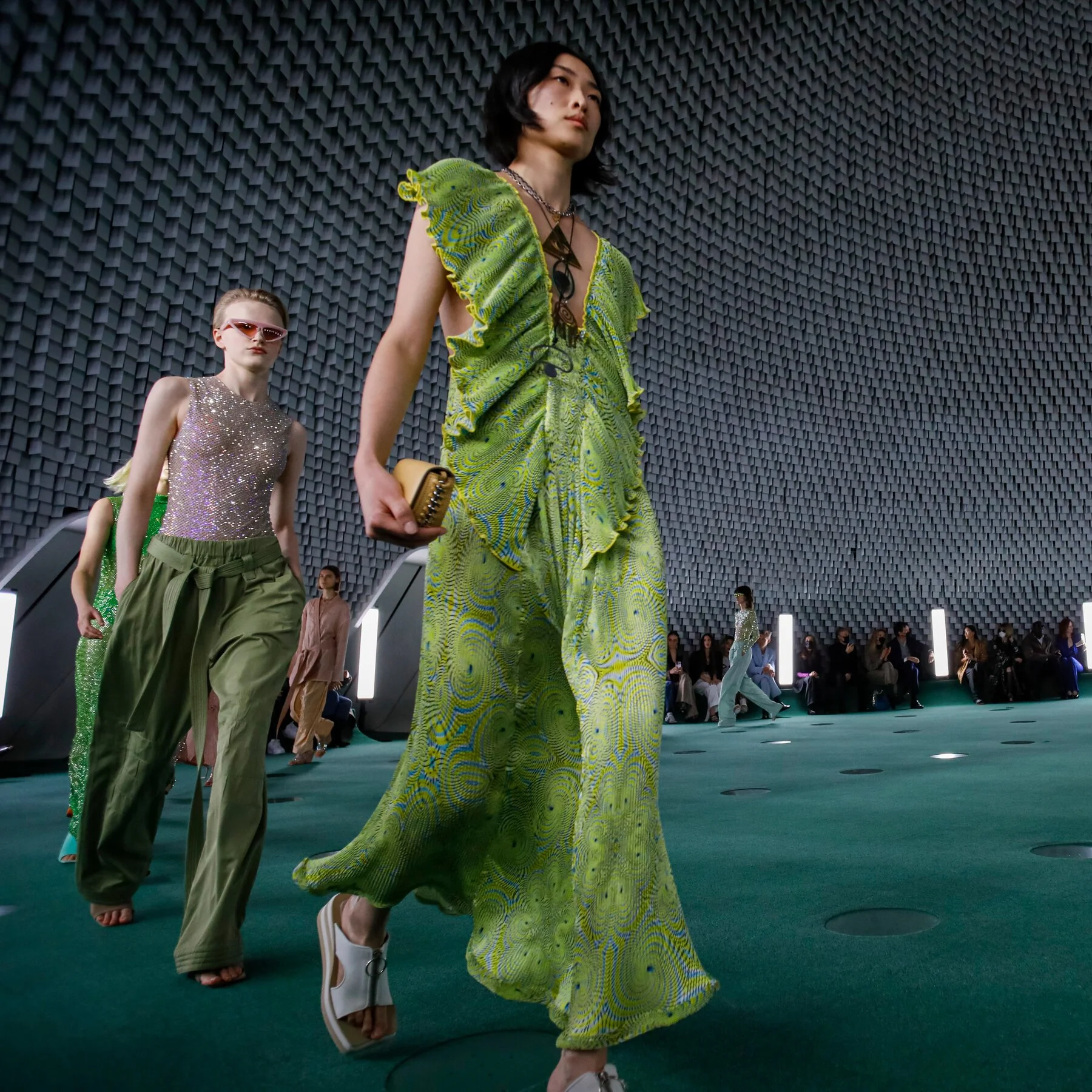 Image 9 of 13
Image 9 of 13

 Image 10 of 13
Image 10 of 13

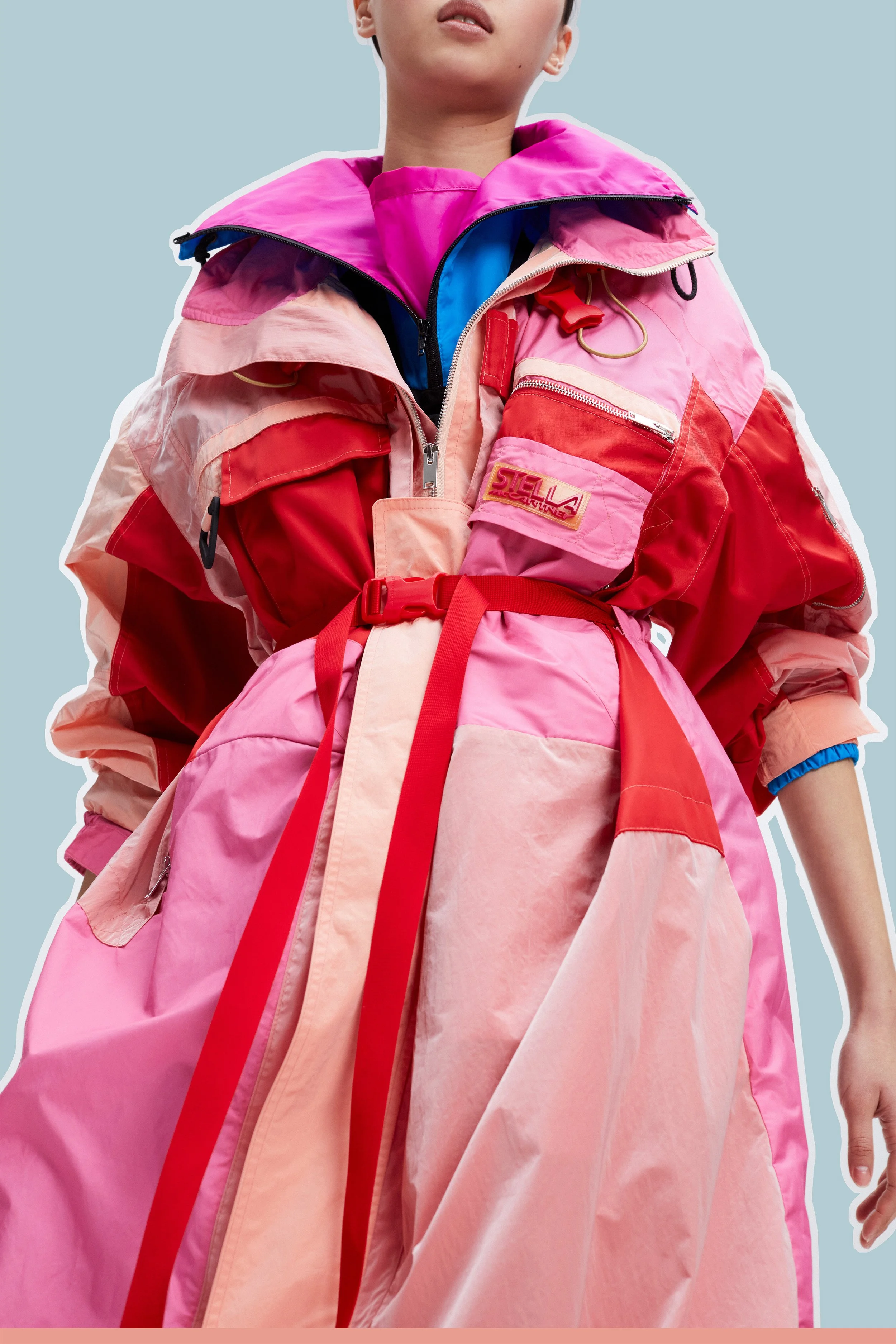 Image 11 of 13
Image 11 of 13

 Image 12 of 13
Image 12 of 13

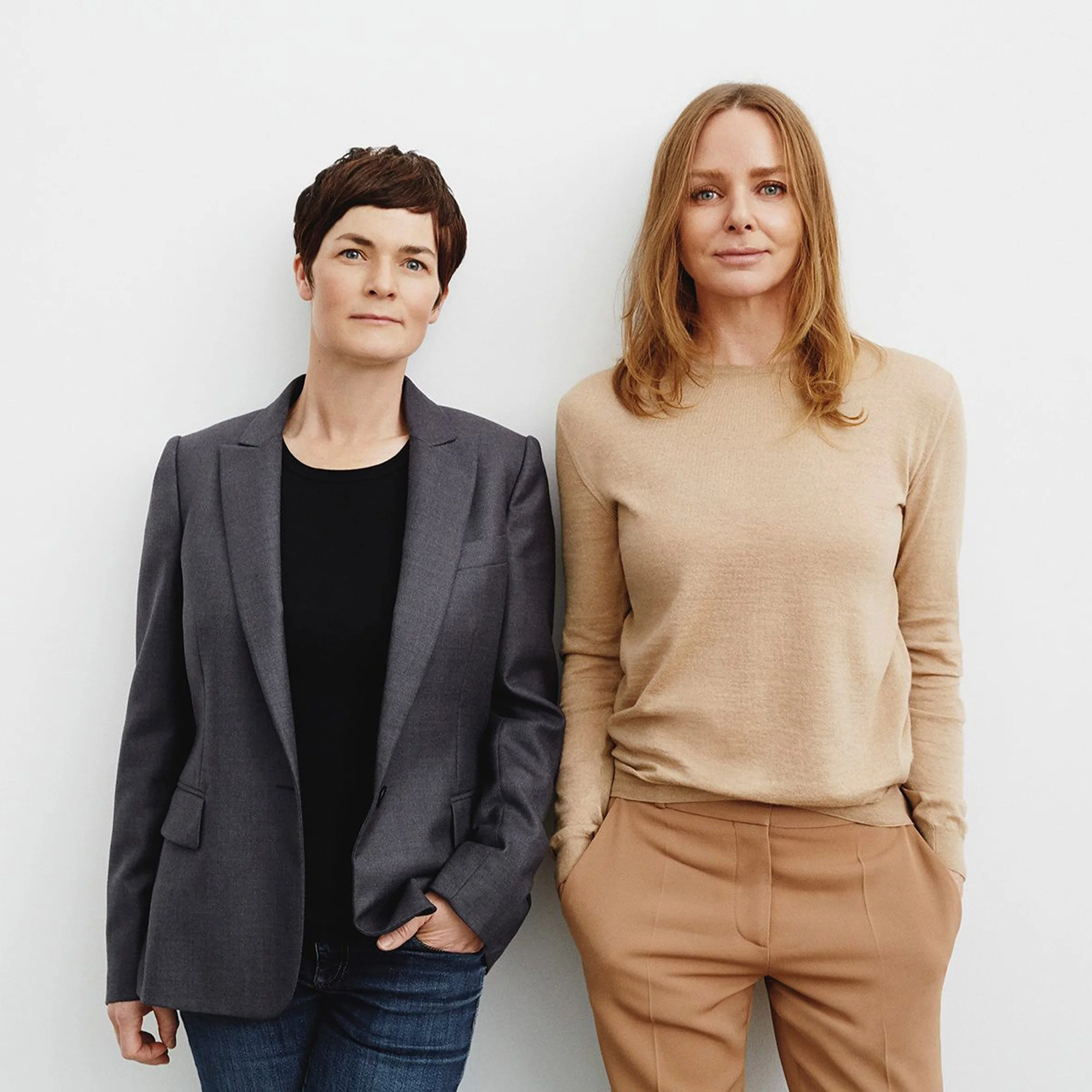 Image 13 of 13
Image 13 of 13














Stella MacCartney is pioneering a conscious luxury movement
Stella McCartney is a luxury fashion brand founded by British designer Stella McCartney in 2001. The company was established with the mission to create sustainable, ethical, and luxurious fashion without compromising on style or quality. Stella McCartney's current mission focuses on pushing boundaries in sustainable fashion, integrating circular economy principles, and promoting environmental awareness in the industry. Core values include innovation, sustainability, and animal welfare, with a purpose to redefine the relationship between luxury fashion and environmental responsibility.
Location
Headquarters: London, United Kingdom.
Primary manufacturing/operations locations: Various global locations for production and retail.
The Circular Vision
Core circular economy principles: Designing out waste, using recycled and sustainable materials, and creating products that promote environmental awareness and sustainable practices.
Key innovations: Development of materials like regenerated nylon ECONYL, recycled polyester, and sustainable viscose. Partnerships with innovative companies like Bolt Threads for Mylo mycelium leather.
Prioritization of local sourcing and closed-loop supply chains: Emphasis on using recycled materials and sustainable production methods to minimize environmental impact and support circular economy initiatives.
Pioneering Solutions
Flagship projects: Collaboration with The RealReal to promote resale of luxury goods, Clevercare initiative for garment care, and the development of the Infinite Hoodie made from regenerated textiles.
Unique value propositions: High-quality, innovative luxury fashion solutions that prioritize circularity, material reuse, and environmental responsibility. Stella McCartney's work is known for its ability to create desirable, sustainable alternatives in the luxury fashion sector.
The Regenerative Future
R&D focus areas: Advancing sustainable material development, exploring new applications for recycled and bio-based materials, and developing solutions that further reduce waste and energy consumption in fashion production processes.
Ambitious goals: To lead the luxury fashion industry in sustainable practices, create zero-waste products, and inspire a shift towards a regenerative approach to fashion design and consumption.
Fact Sheet
Commercial Availability: Products available through branded stores, online platforms, and select luxury retailers globally.
Environmental Product Declaration (EPD): Information not available, but the brand provides transparency on material sourcing and environmental impact.
Circularity Rating: 5/5 (Strong focus on circular economy principles and waste reduction).
Key Certifications: Cradle to Cradle Gold-Level certified wool knitwear yarn.
Cost Rating: 5/5 (High-end luxury pricing, with significant value in sustainability and innovation).
Material Passport: Detailed material traceability and use of recycled and sustainable materials across collections.
Designed for Disassembly: Information not explicitly provided, but emphasis on circularity suggests consideration for product lifecycle.
Carbon Performance: Focus on reducing carbon footprint through the use of sustainable materials and production methods. Committed to minimizing environmental impact through efficient design and manufacturing processes.
Key Takeaway
Stella McCartney transforms the luxury fashion industry through innovative, sustainable solutions that prioritize circular economy principles, setting a benchmark for environmental responsibility and material innovation in contemporary fashion.
Explore Further
Stella McCartney website: https://www.stellamccartney.com
Stella McCartney is a luxury fashion brand founded by British designer Stella McCartney in 2001. The company was established with the mission to create sustainable, ethical, and luxurious fashion without compromising on style or quality. Stella McCartney's current mission focuses on pushing boundaries in sustainable fashion, integrating circular economy principles, and promoting environmental awareness in the industry. Core values include innovation, sustainability, and animal welfare, with a purpose to redefine the relationship between luxury fashion and environmental responsibility.
Location
Headquarters: London, United Kingdom.
Primary manufacturing/operations locations: Various global locations for production and retail.
The Circular Vision
Core circular economy principles: Designing out waste, using recycled and sustainable materials, and creating products that promote environmental awareness and sustainable practices.
Key innovations: Development of materials like regenerated nylon ECONYL, recycled polyester, and sustainable viscose. Partnerships with innovative companies like Bolt Threads for Mylo mycelium leather.
Prioritization of local sourcing and closed-loop supply chains: Emphasis on using recycled materials and sustainable production methods to minimize environmental impact and support circular economy initiatives.
Pioneering Solutions
Flagship projects: Collaboration with The RealReal to promote resale of luxury goods, Clevercare initiative for garment care, and the development of the Infinite Hoodie made from regenerated textiles.
Unique value propositions: High-quality, innovative luxury fashion solutions that prioritize circularity, material reuse, and environmental responsibility. Stella McCartney's work is known for its ability to create desirable, sustainable alternatives in the luxury fashion sector.
The Regenerative Future
R&D focus areas: Advancing sustainable material development, exploring new applications for recycled and bio-based materials, and developing solutions that further reduce waste and energy consumption in fashion production processes.
Ambitious goals: To lead the luxury fashion industry in sustainable practices, create zero-waste products, and inspire a shift towards a regenerative approach to fashion design and consumption.
Fact Sheet
Commercial Availability: Products available through branded stores, online platforms, and select luxury retailers globally.
Environmental Product Declaration (EPD): Information not available, but the brand provides transparency on material sourcing and environmental impact.
Circularity Rating: 5/5 (Strong focus on circular economy principles and waste reduction).
Key Certifications: Cradle to Cradle Gold-Level certified wool knitwear yarn.
Cost Rating: 5/5 (High-end luxury pricing, with significant value in sustainability and innovation).
Material Passport: Detailed material traceability and use of recycled and sustainable materials across collections.
Designed for Disassembly: Information not explicitly provided, but emphasis on circularity suggests consideration for product lifecycle.
Carbon Performance: Focus on reducing carbon footprint through the use of sustainable materials and production methods. Committed to minimizing environmental impact through efficient design and manufacturing processes.
Key Takeaway
Stella McCartney transforms the luxury fashion industry through innovative, sustainable solutions that prioritize circular economy principles, setting a benchmark for environmental responsibility and material innovation in contemporary fashion.
Explore Further
Stella McCartney website: https://www.stellamccartney.com





